This year again, Imam Chalghoumi and writer Marek Halter brought together numerous political and religious representatives for an iftar of tolerance and peace.
David Donadei, President of the CitéStars Association, an organization that works to support disadvantaged and abused children as well as sick children, was a partner of this evening, in charge of the press and inviting personalities from the worlds of entertainment, media, and elite sports.
Notable in attendance were Fiona Gélin, Fabienne Amiach, Evelyne Dress, Cartouche, Katia Tchenko, Thierry Samitier, Laurent Olmedo, Massimo Gargia, Pierre-Jean Chalançon, Luis Fernandez, Ghani Yalouz, Alain Turban, Tony Gomez, Laurence Sailliet, and Grace de Capitani.
What is iftar?
Iftar is the evening meal that marks the breaking of the daily fast during the month of Ramadan.
For Muslims around the world, it holds particular significance as it symbolizes a time of sharing with family or friends, as well as solidarity within the community.
Iftar is eaten just after the call to Maghrib prayer, between sunset and nightfall.
The meal begins with the consumption of dates, a practice dating back to the Prophet Muhammad, who thus broke his fast.
Juices, soups, and a wide variety of dishes and desserts are then served.
These dishes vary considerably from country to country, illustrating the cultural diversity of the Muslim world.
In Afghanistan, people feast on kebabs, rice with lentils, raisins, carrots, and lamb, as well as various types of bread and pastries.
In Bangladesh, common dishes are samosas and lentil puri.
In Morocco, harira is the traditional soup. A hearty dish, it is made with tomatoes, chickpeas, lamb, vermicelli noodles, coriander, spices, and flour for binding.
Chorba is also a must-try, a delicious soup found in Algeria, Tunisia, and Morocco, made with meat, frik, or « bird’s tongue. »
If you want to delve deeper into the oriental cuisine associated with Ramadan, you can discover msemen, sellou, keftas, kaftaji, chakchouka, zaalouk, bricks, börek, kesra, pastilla, and more.
Iftar is also a social and community event that embodies the values of sharing, charity, and solidarity.
Mosques often organize collective iftars, an opportunity for young people to get involved in meal preparation and learn the Islamic values associated with Ramadan.
It plays a crucial role in strengthening social bonds.
Saha ftourek! Ramadan Mubarak!
©2025 – IMPACT EUROPEAN
Views: 0


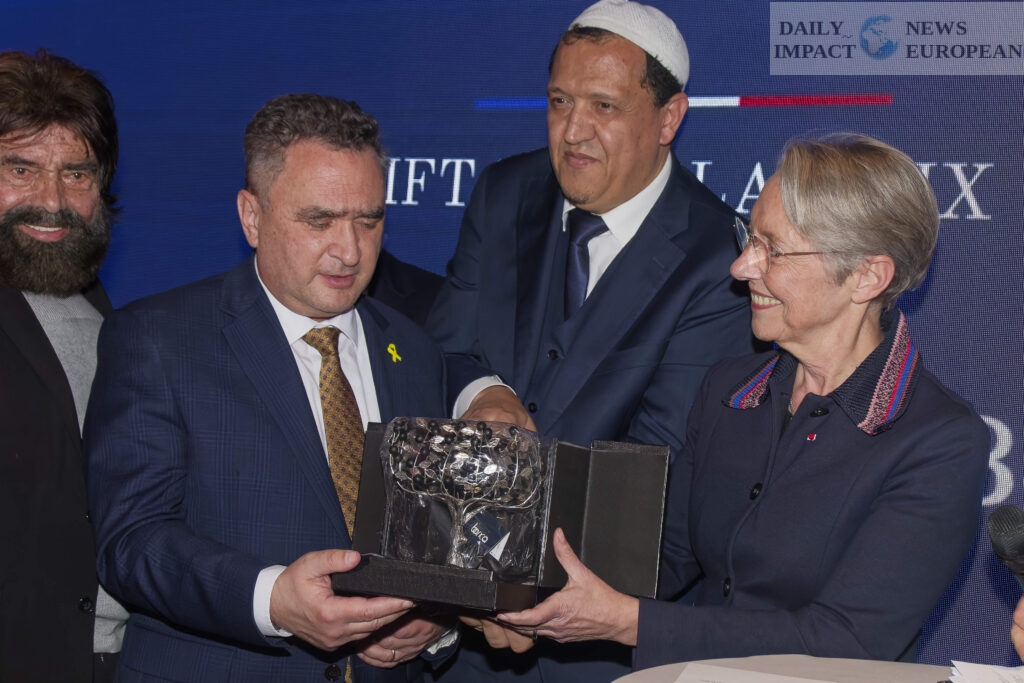
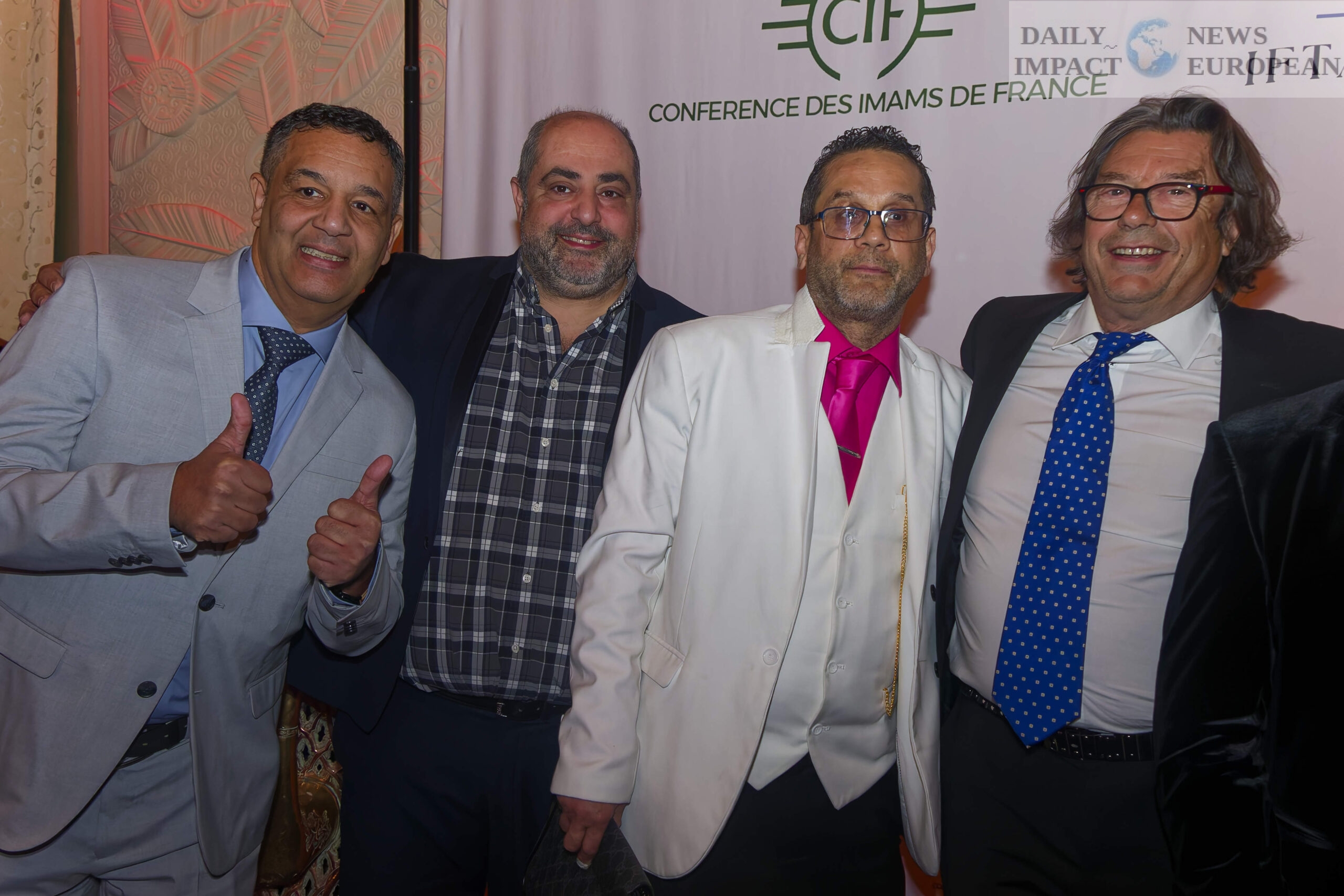
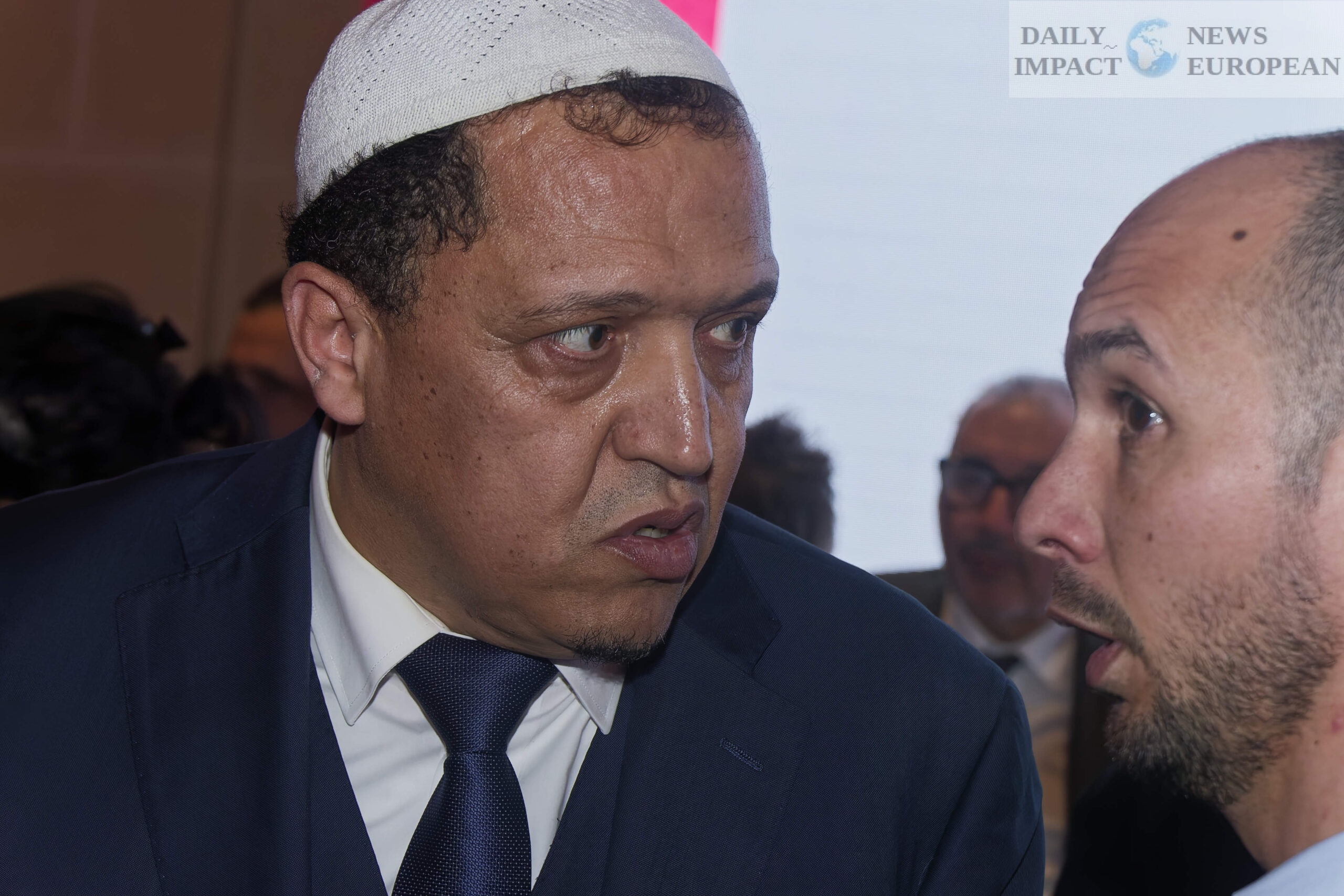
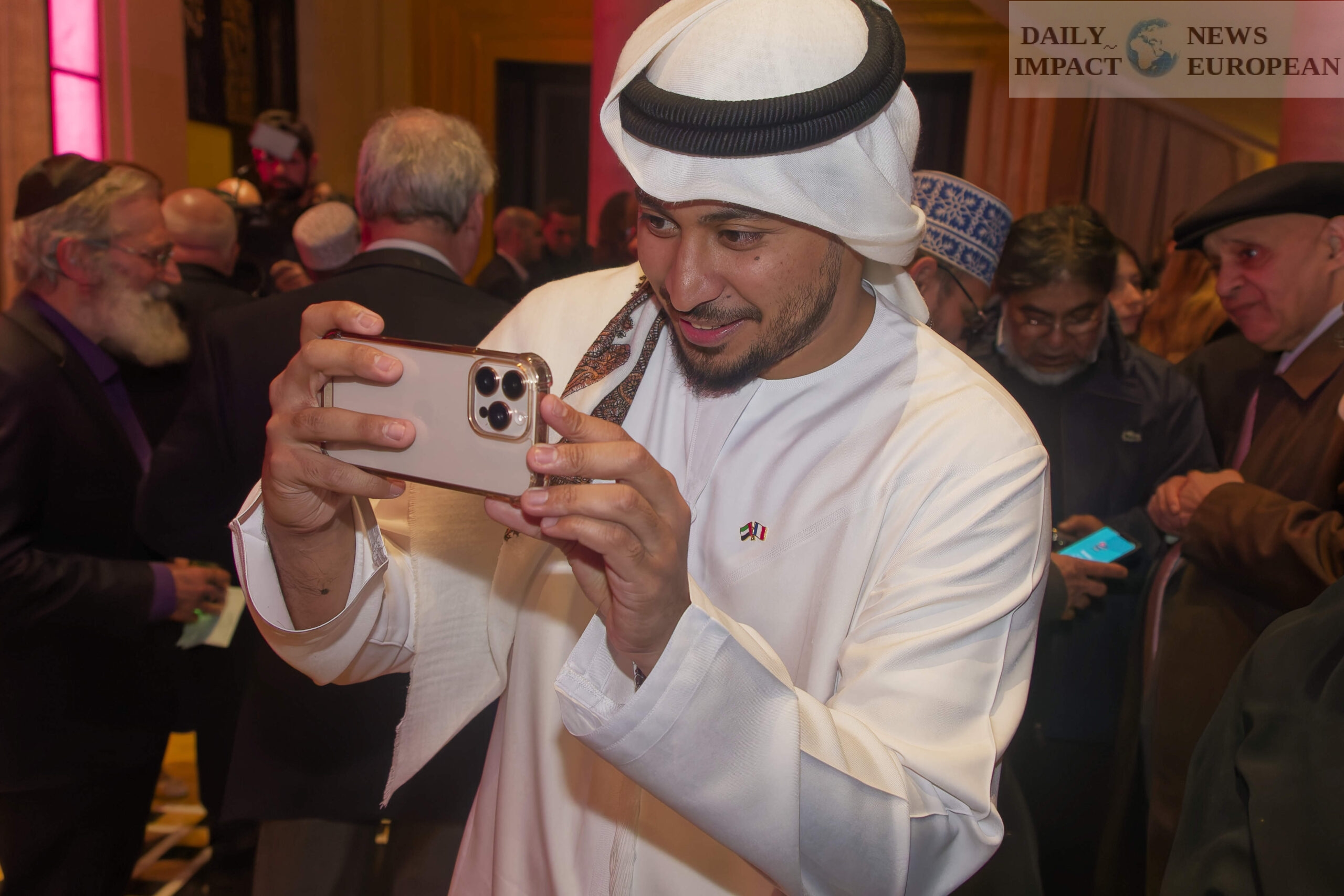
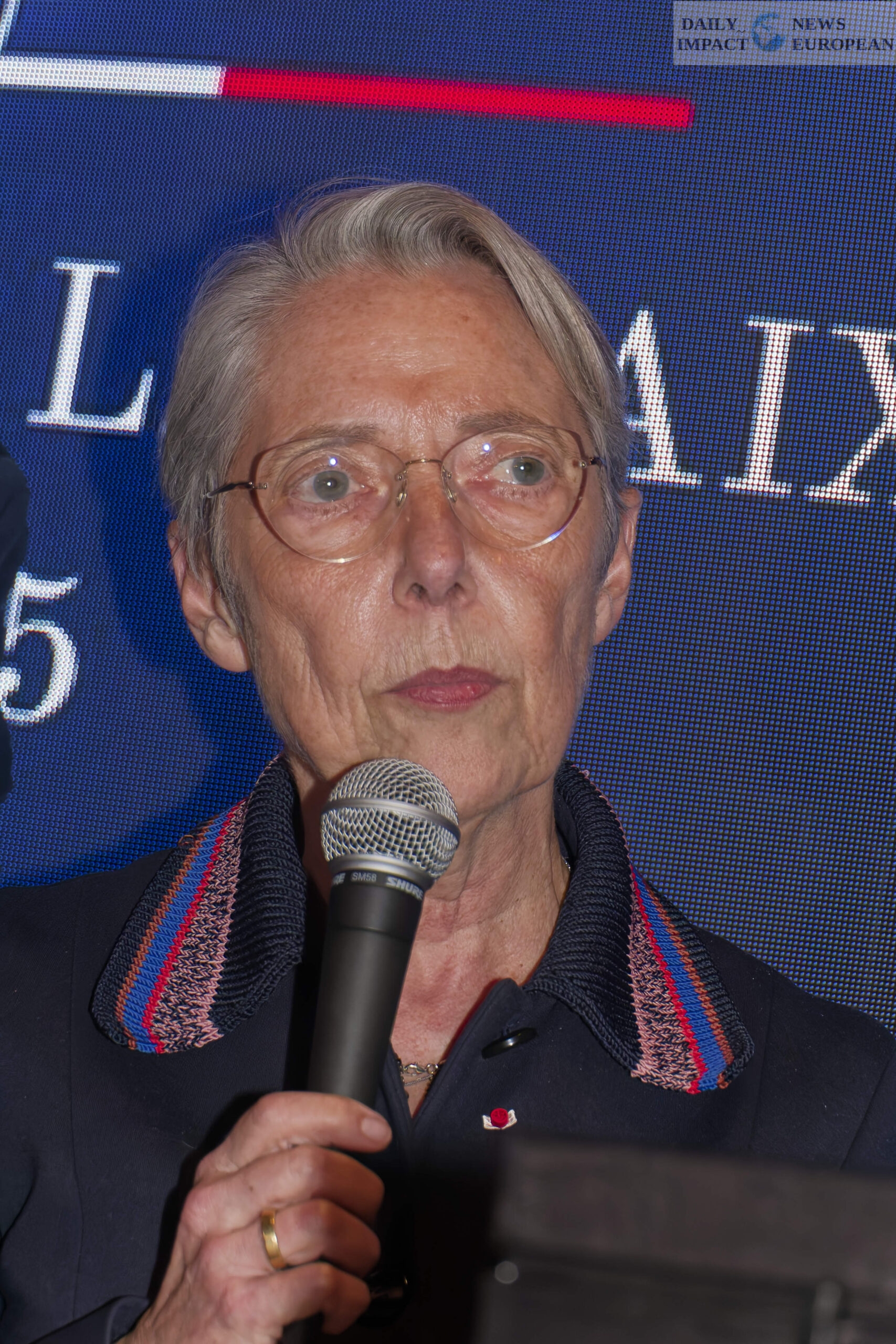
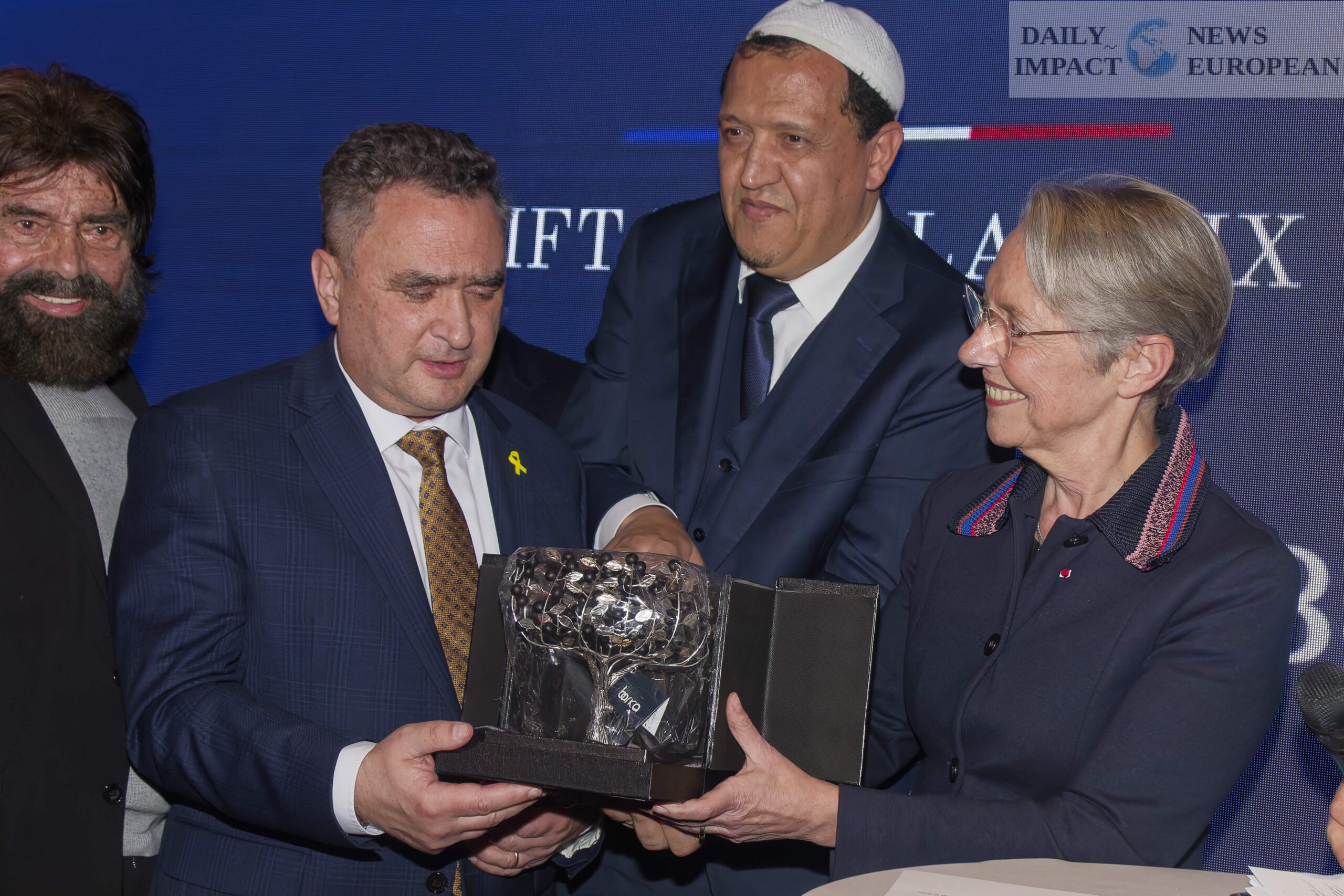
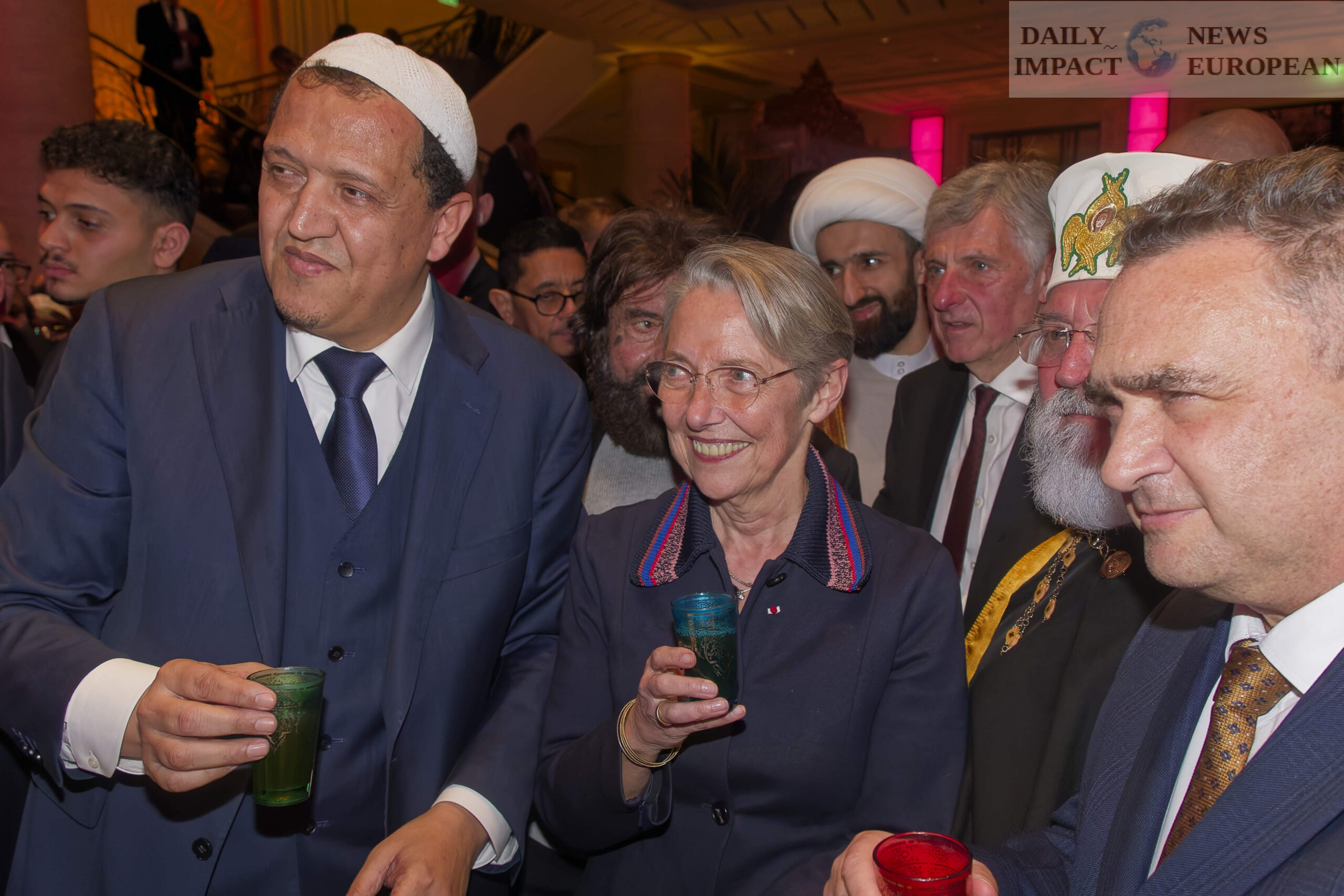
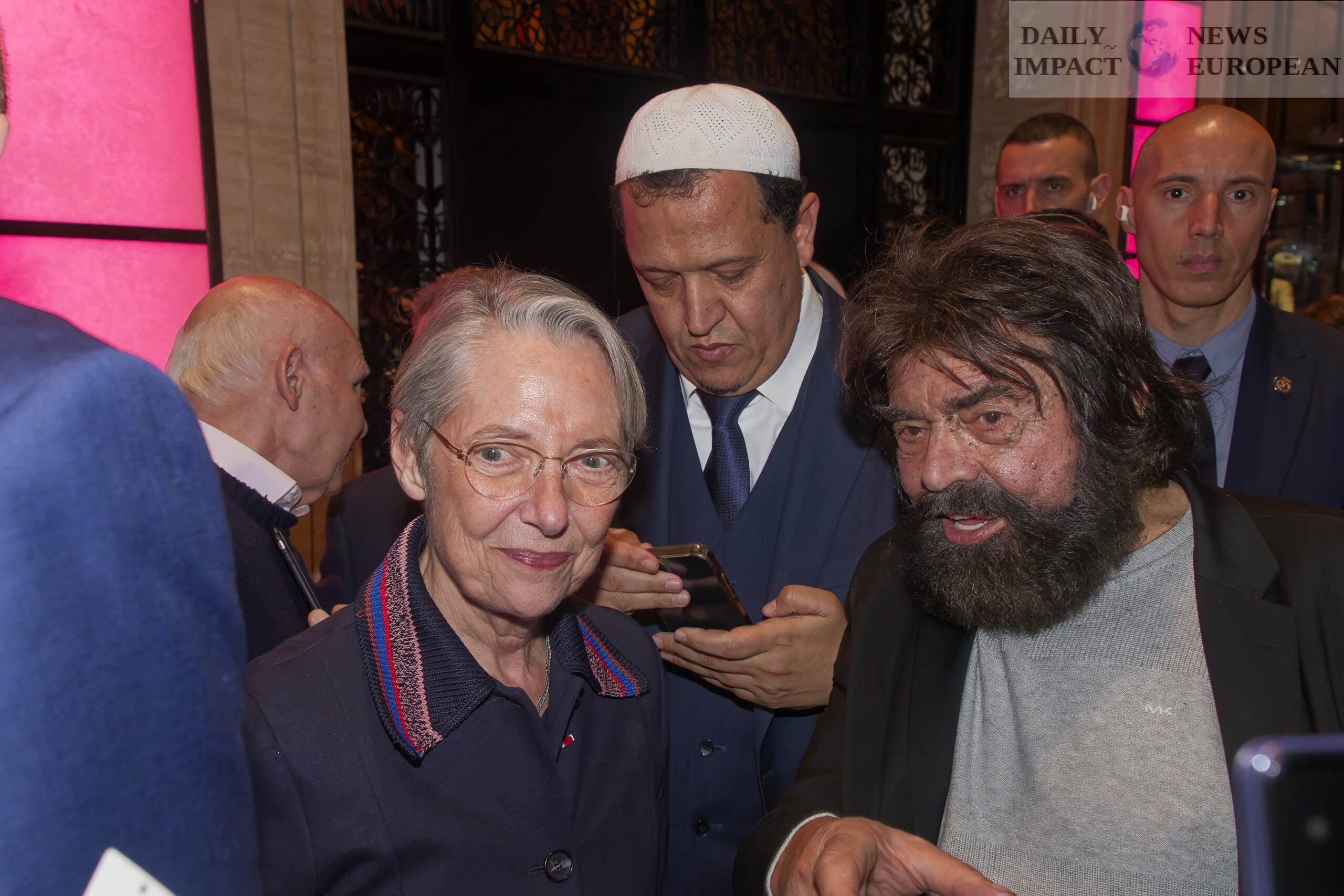
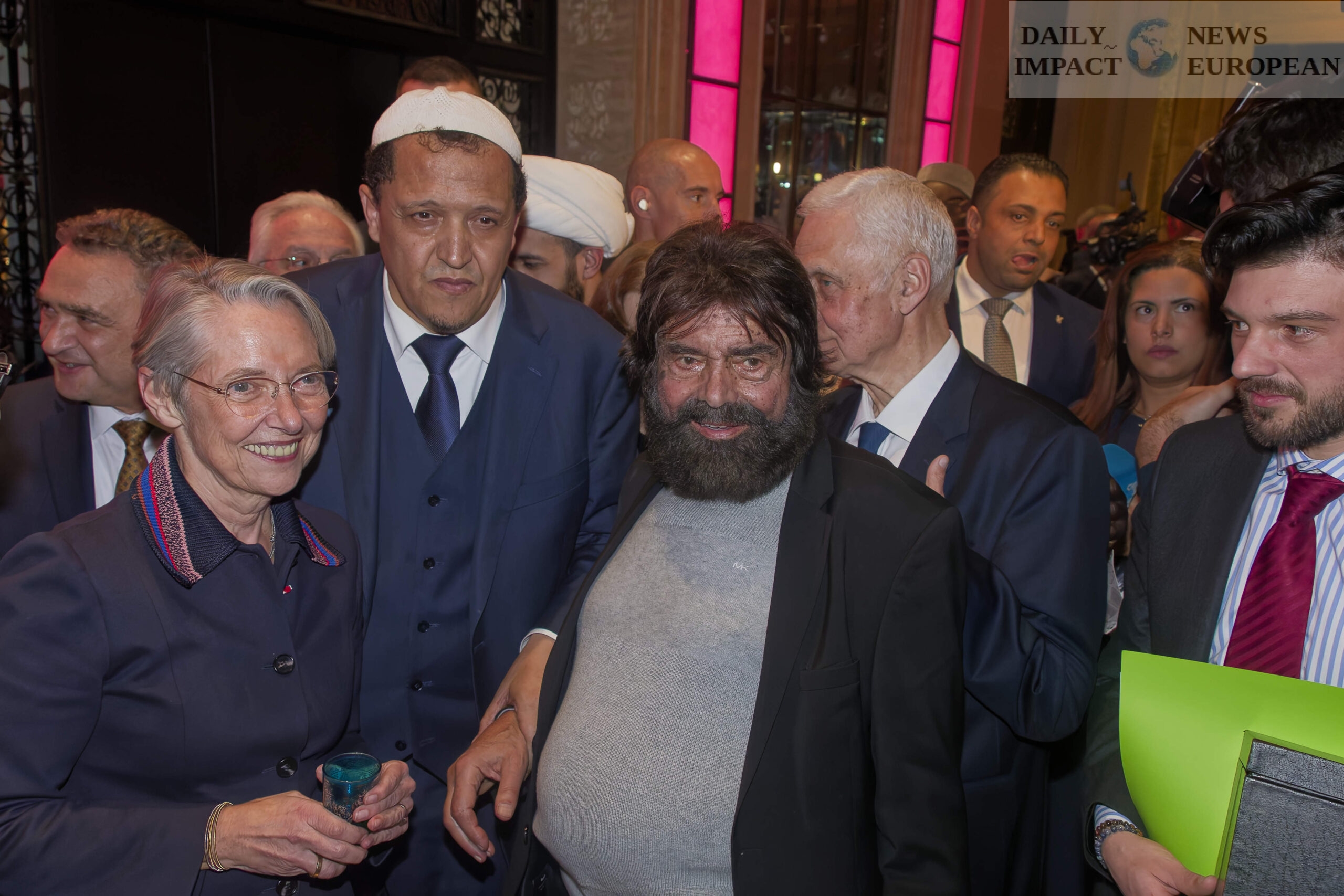
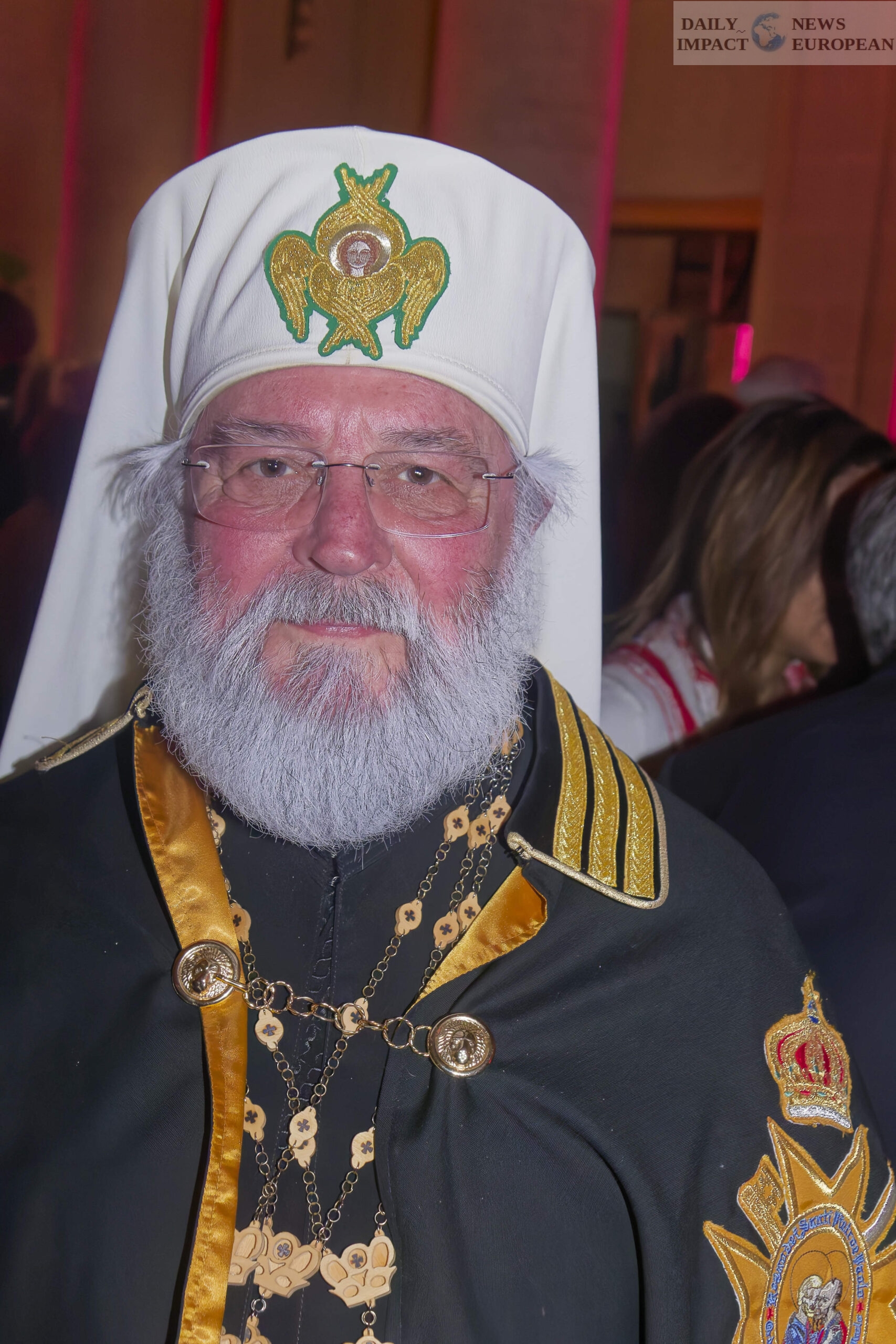
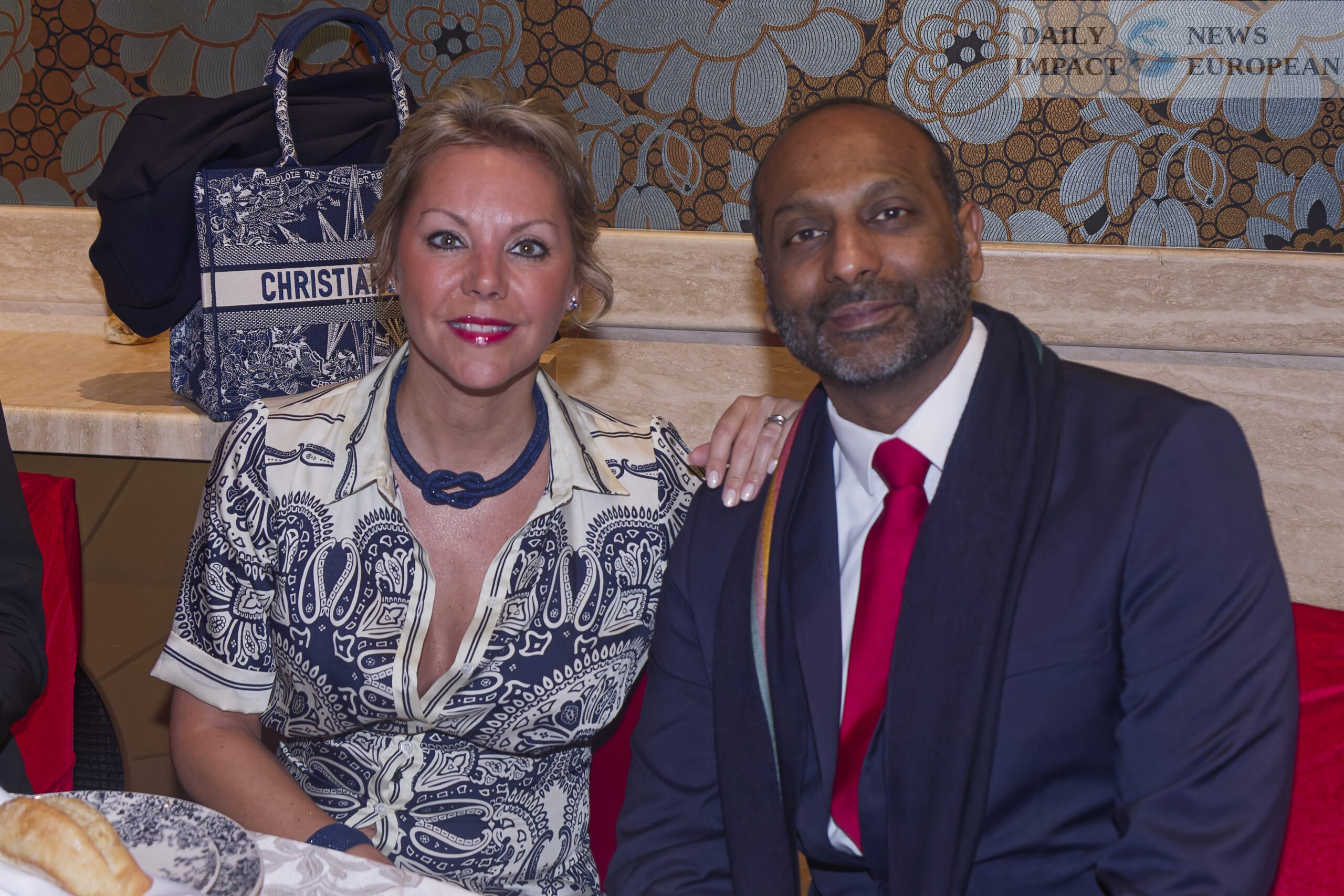
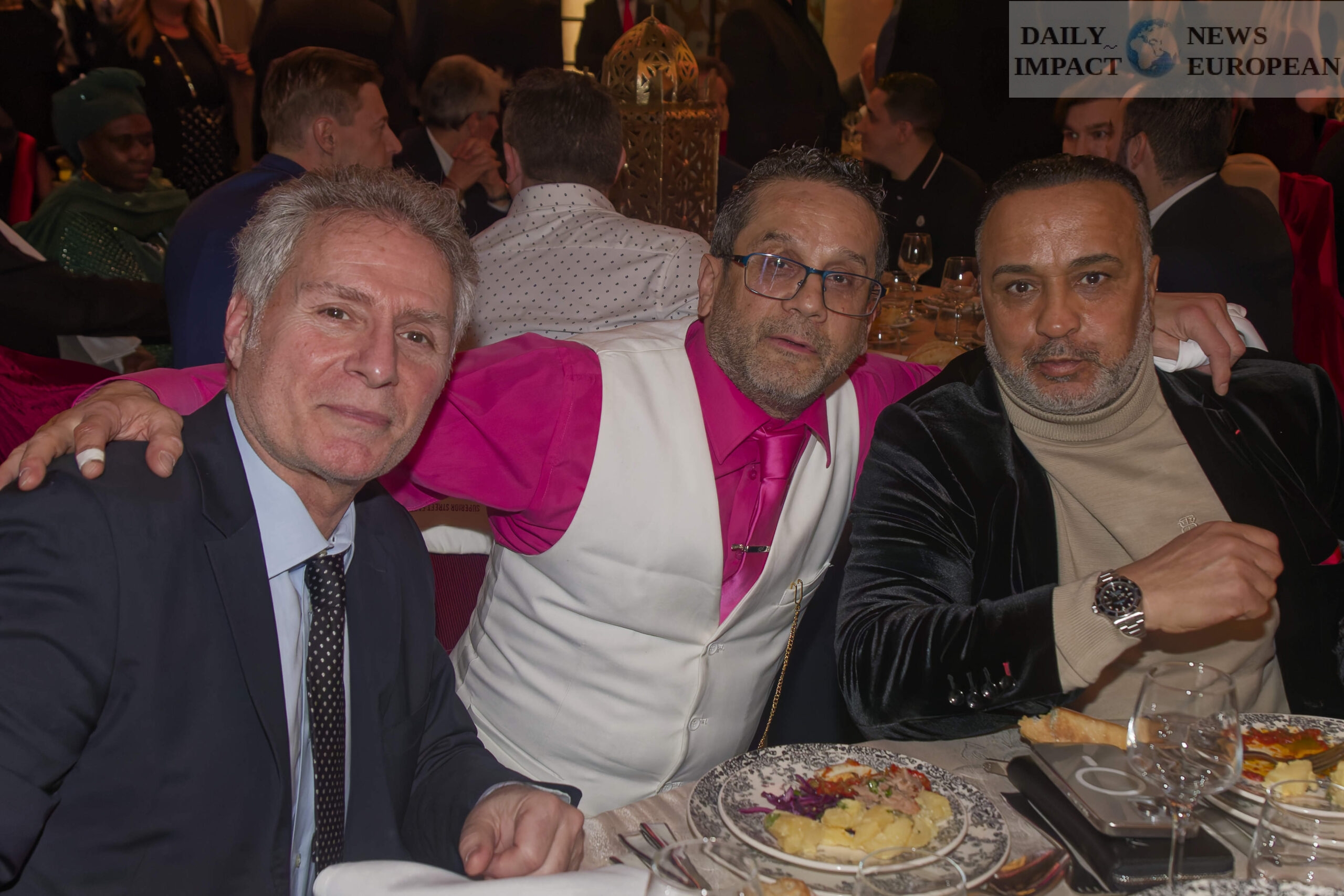
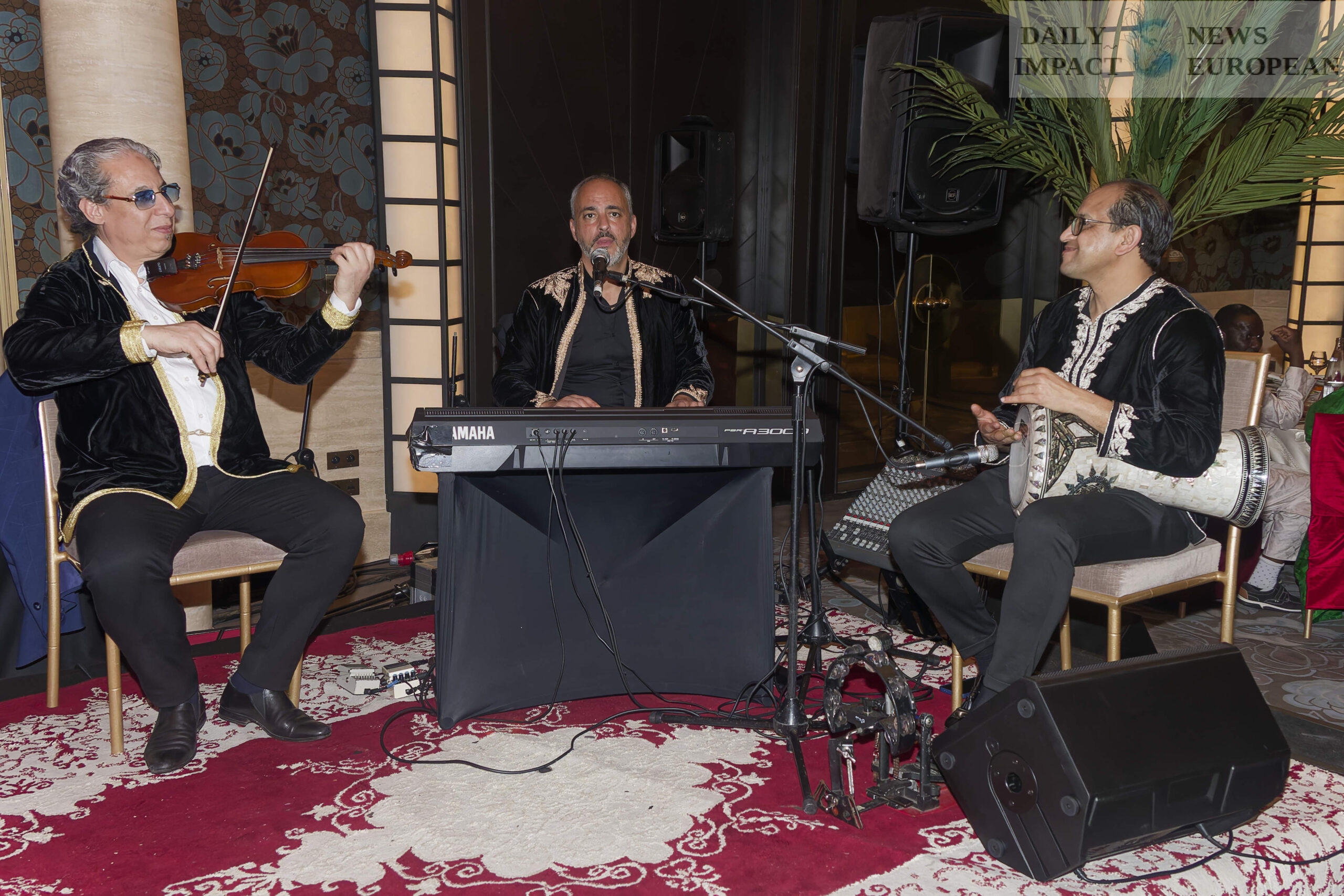
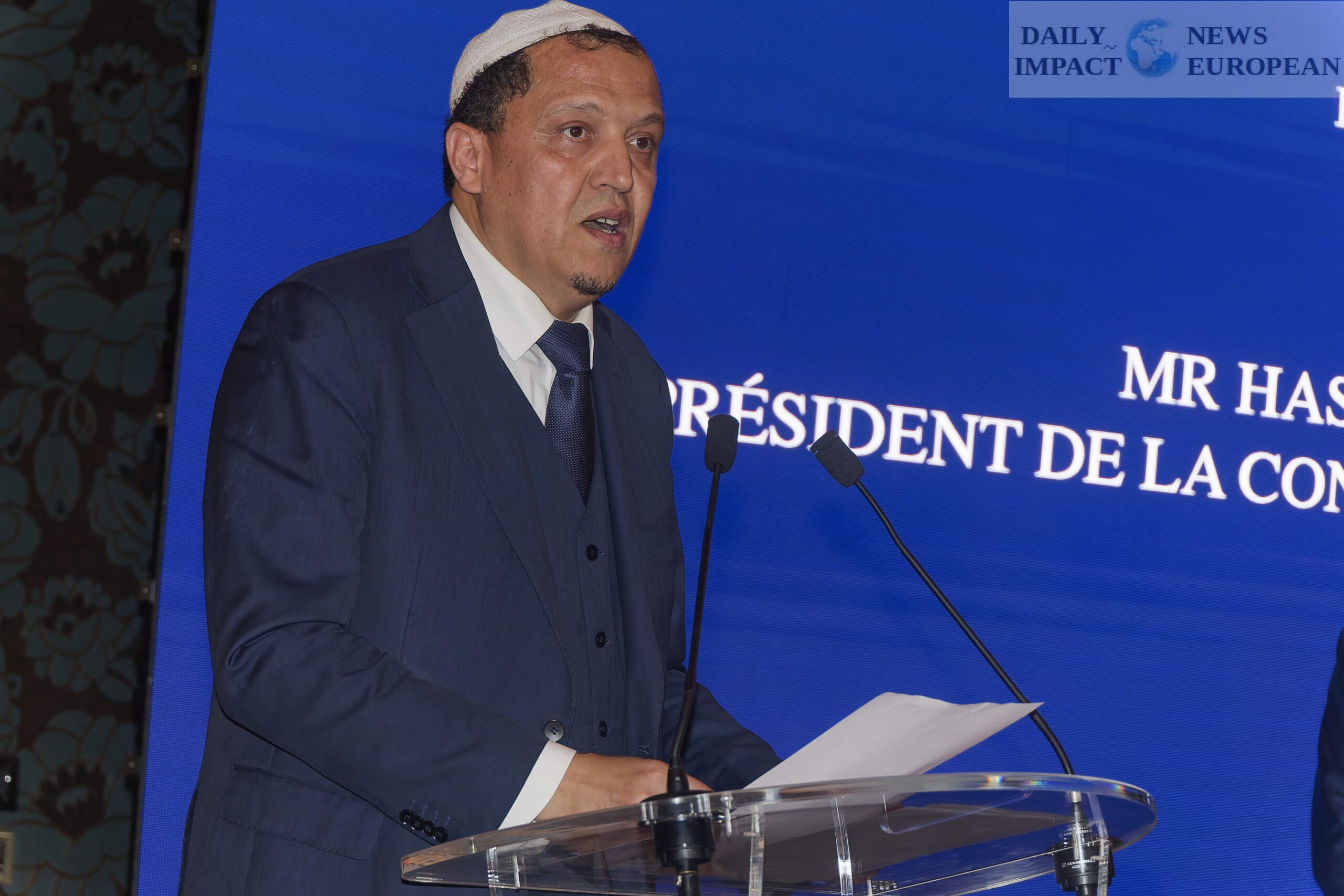
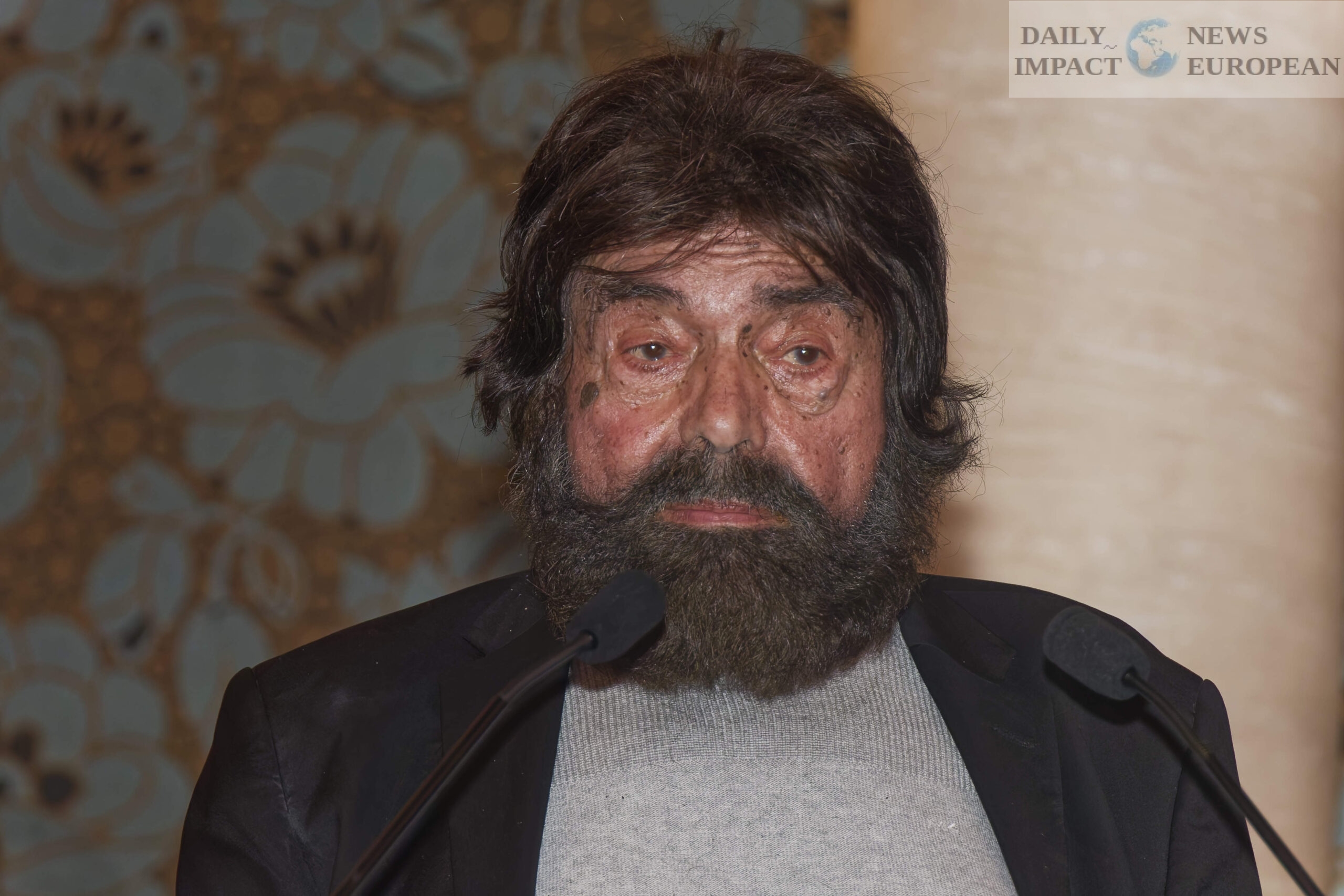
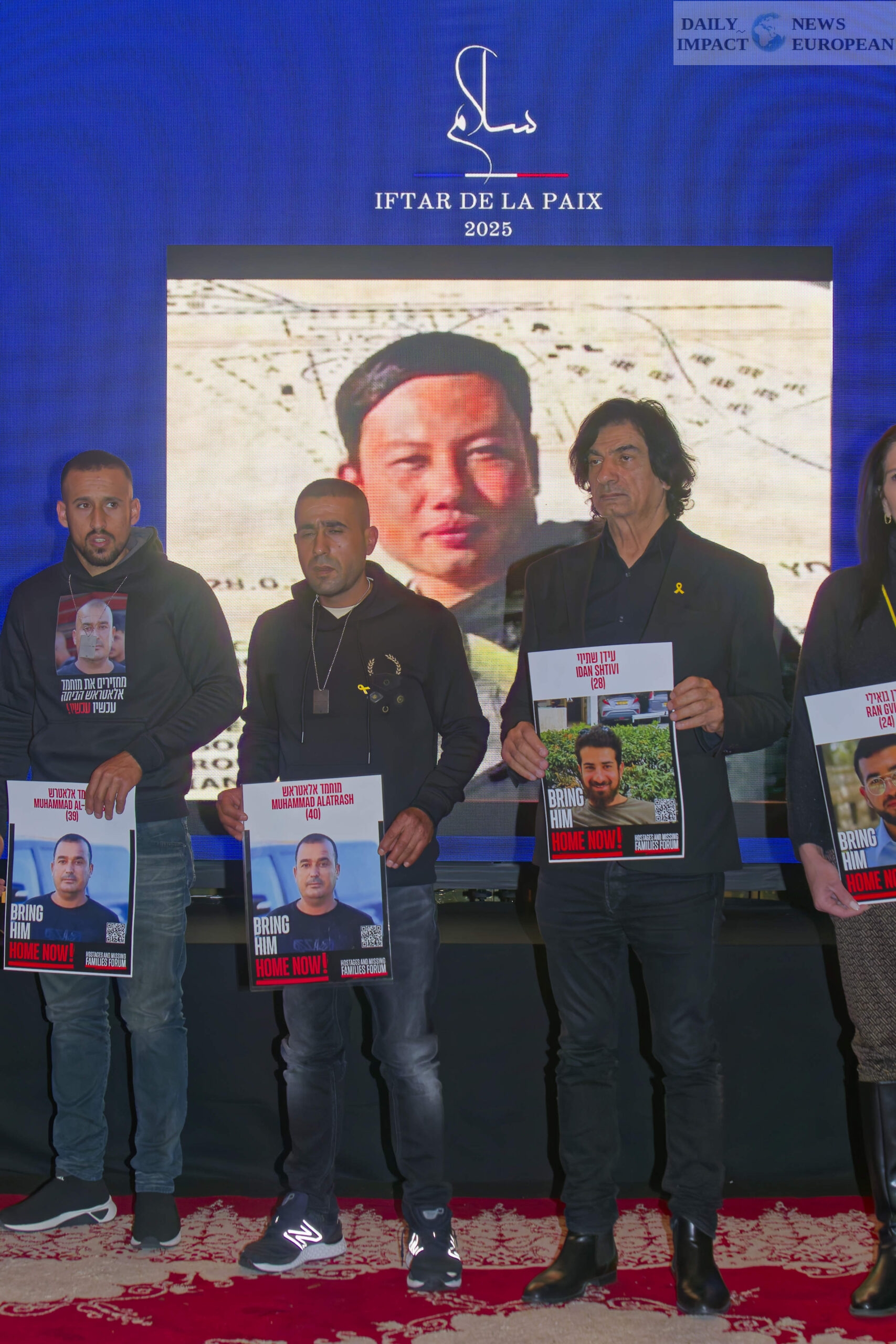
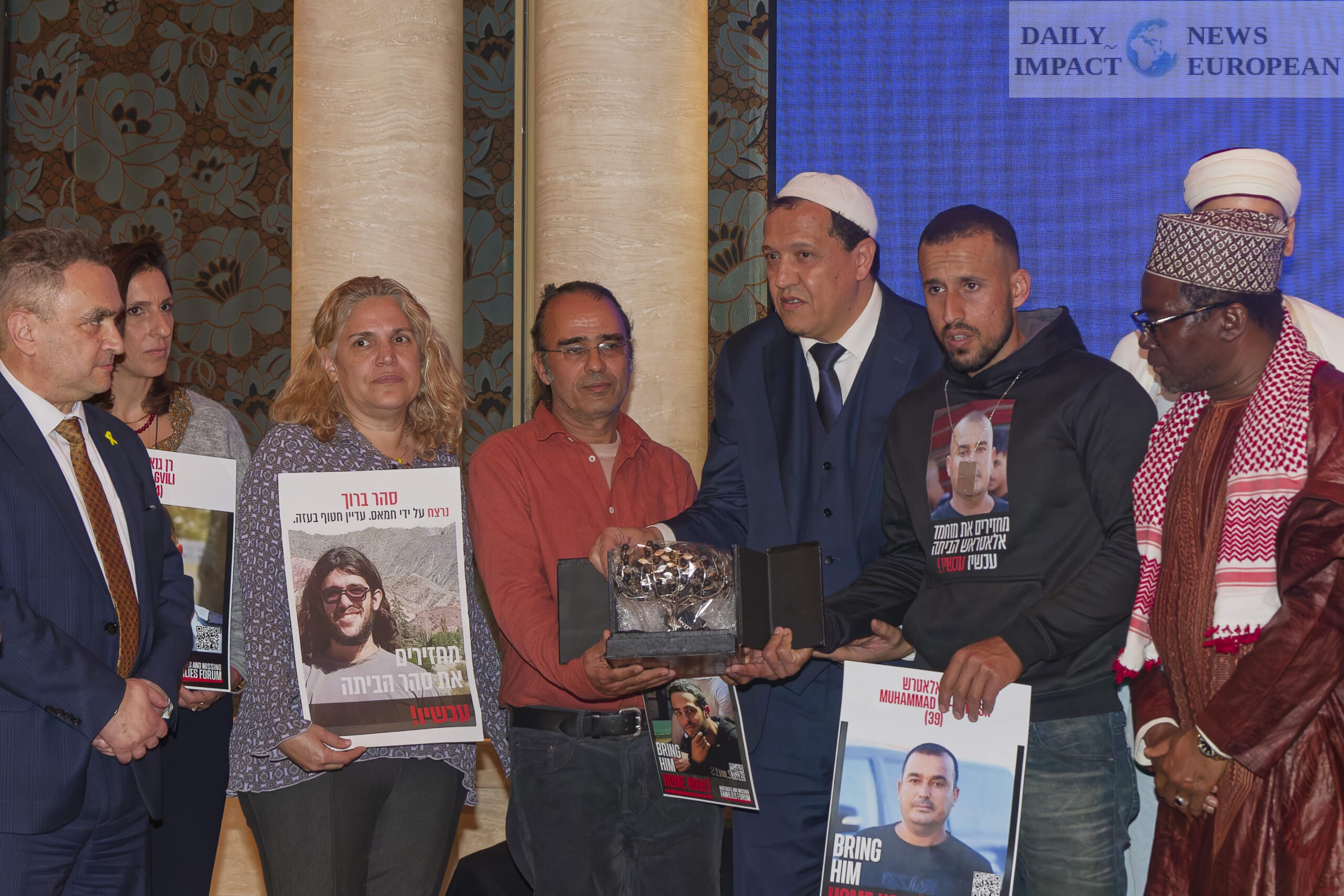
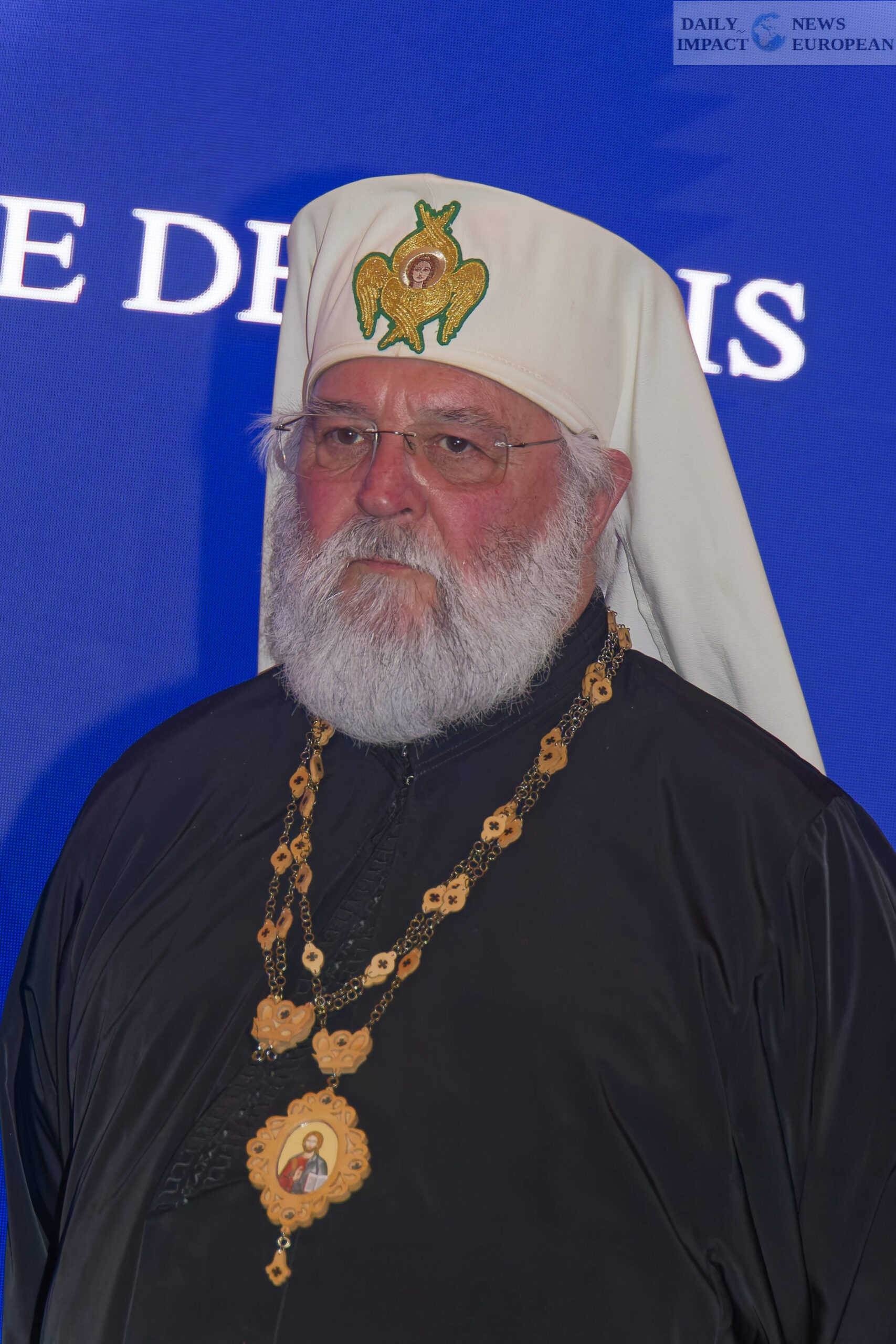
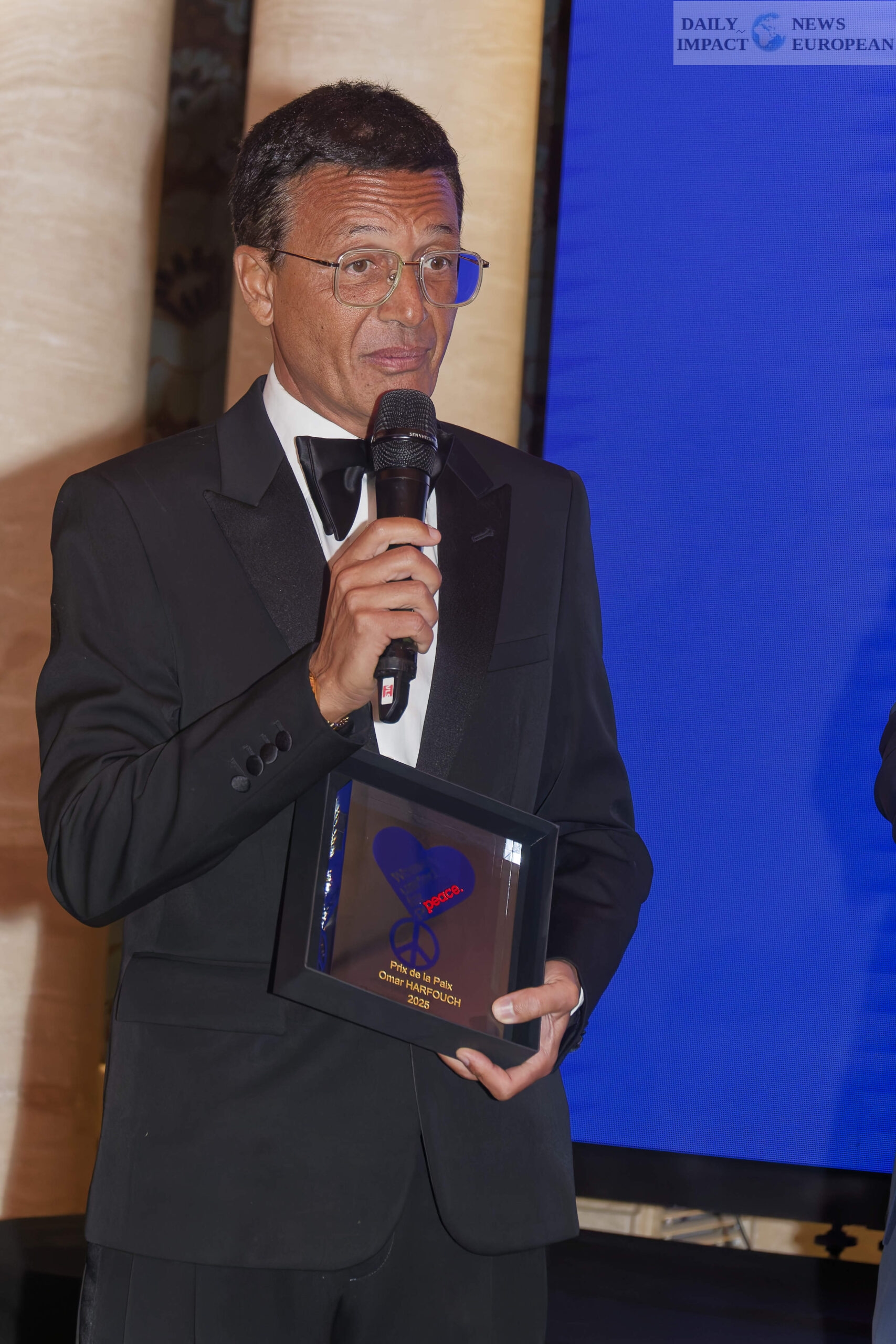
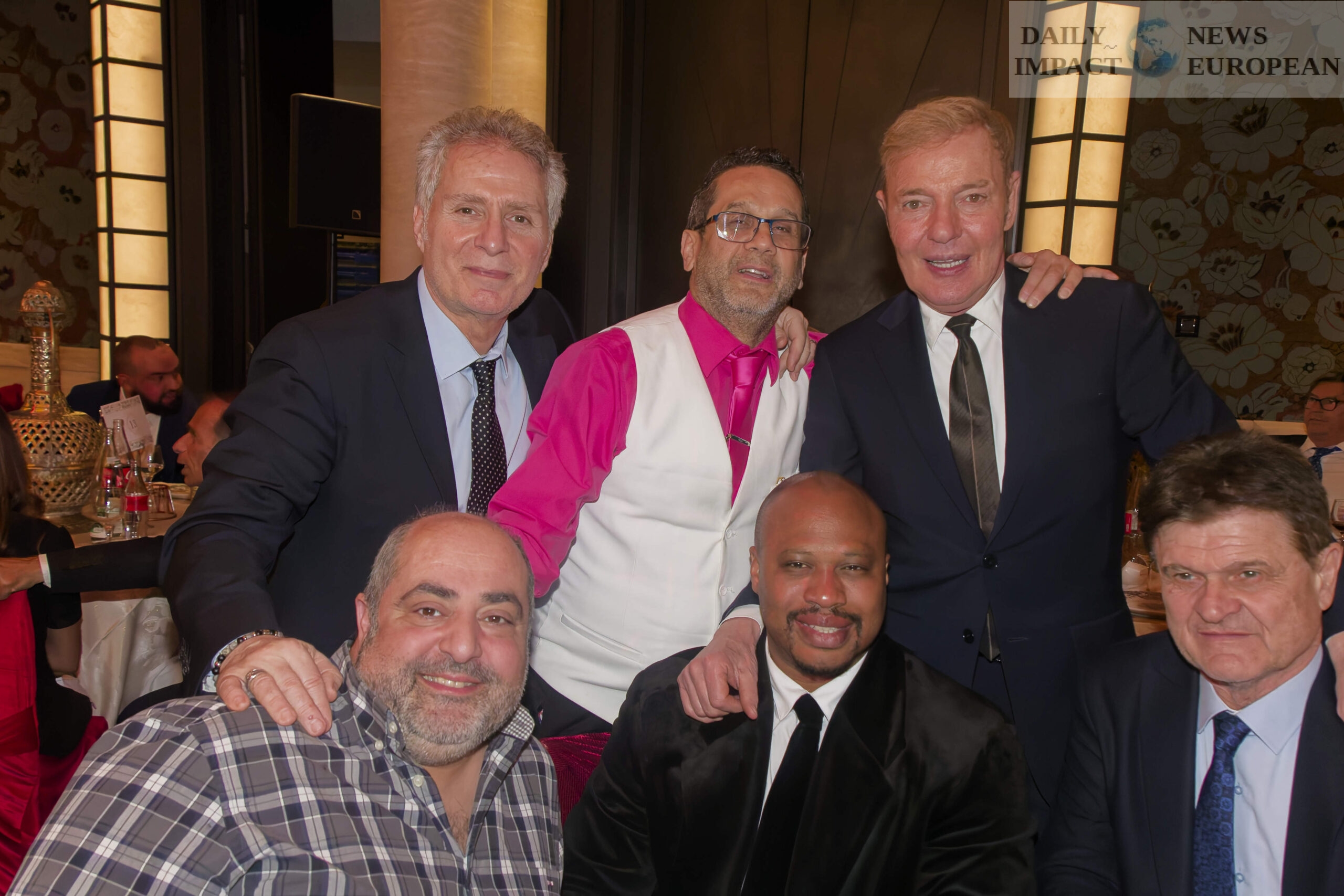
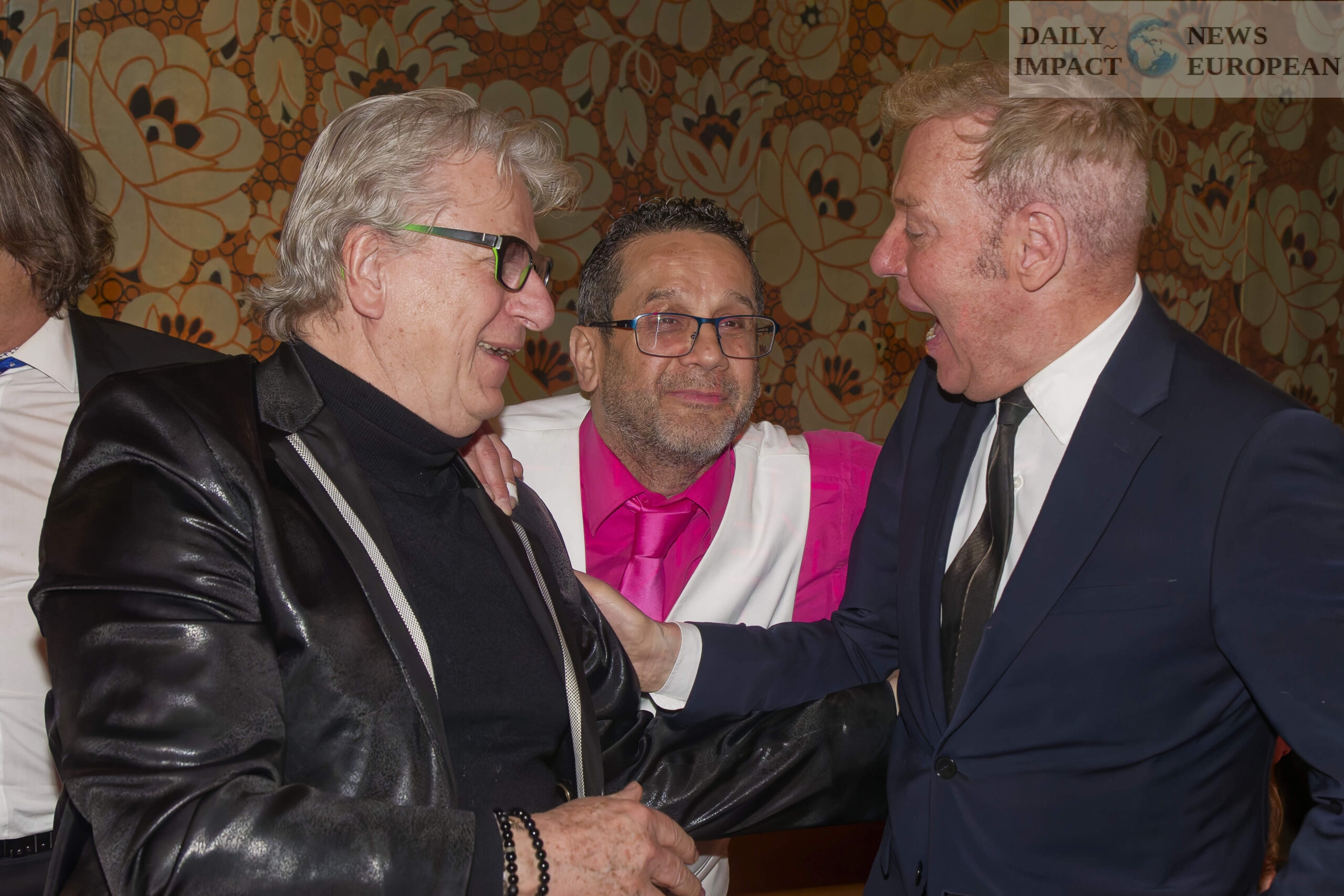
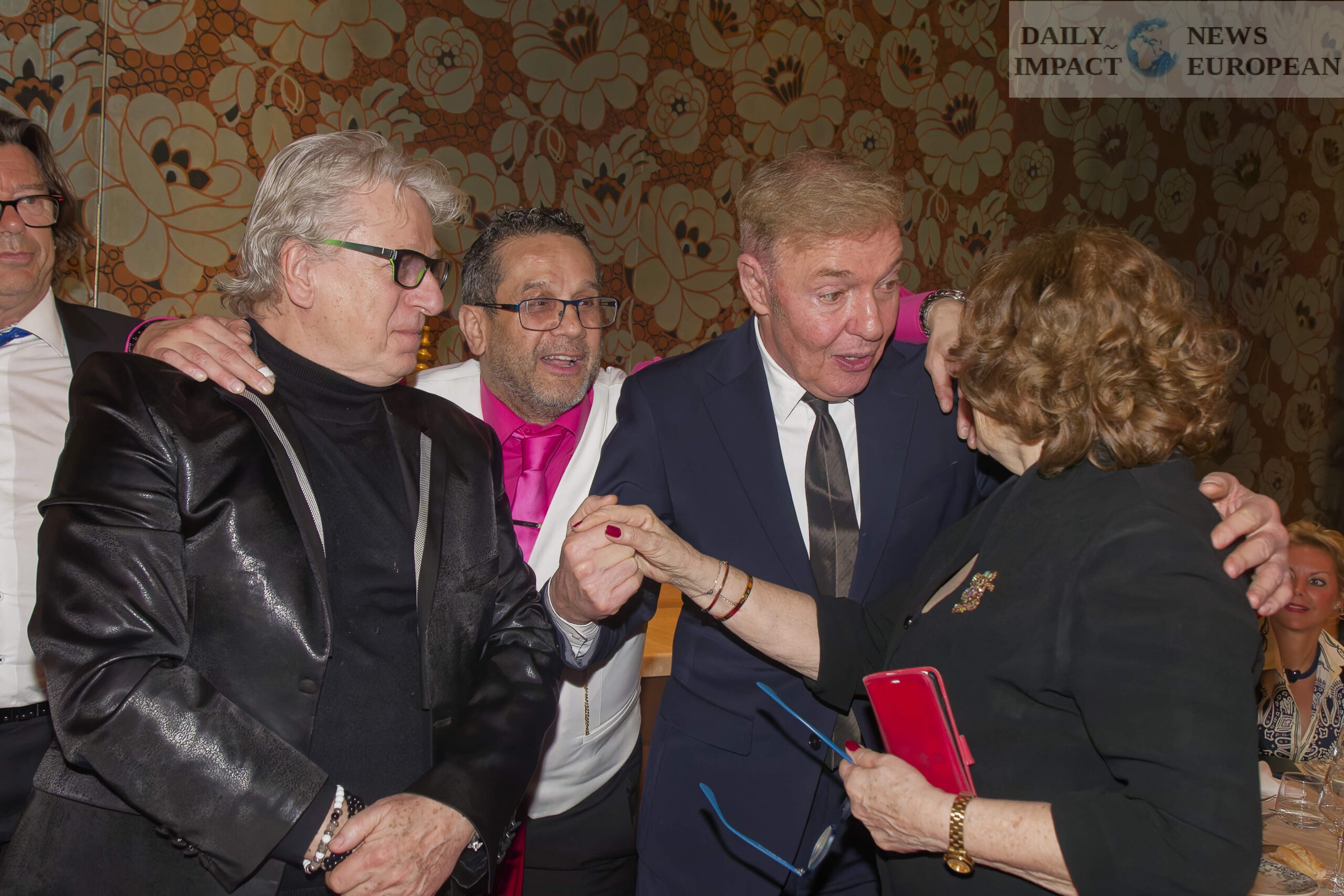
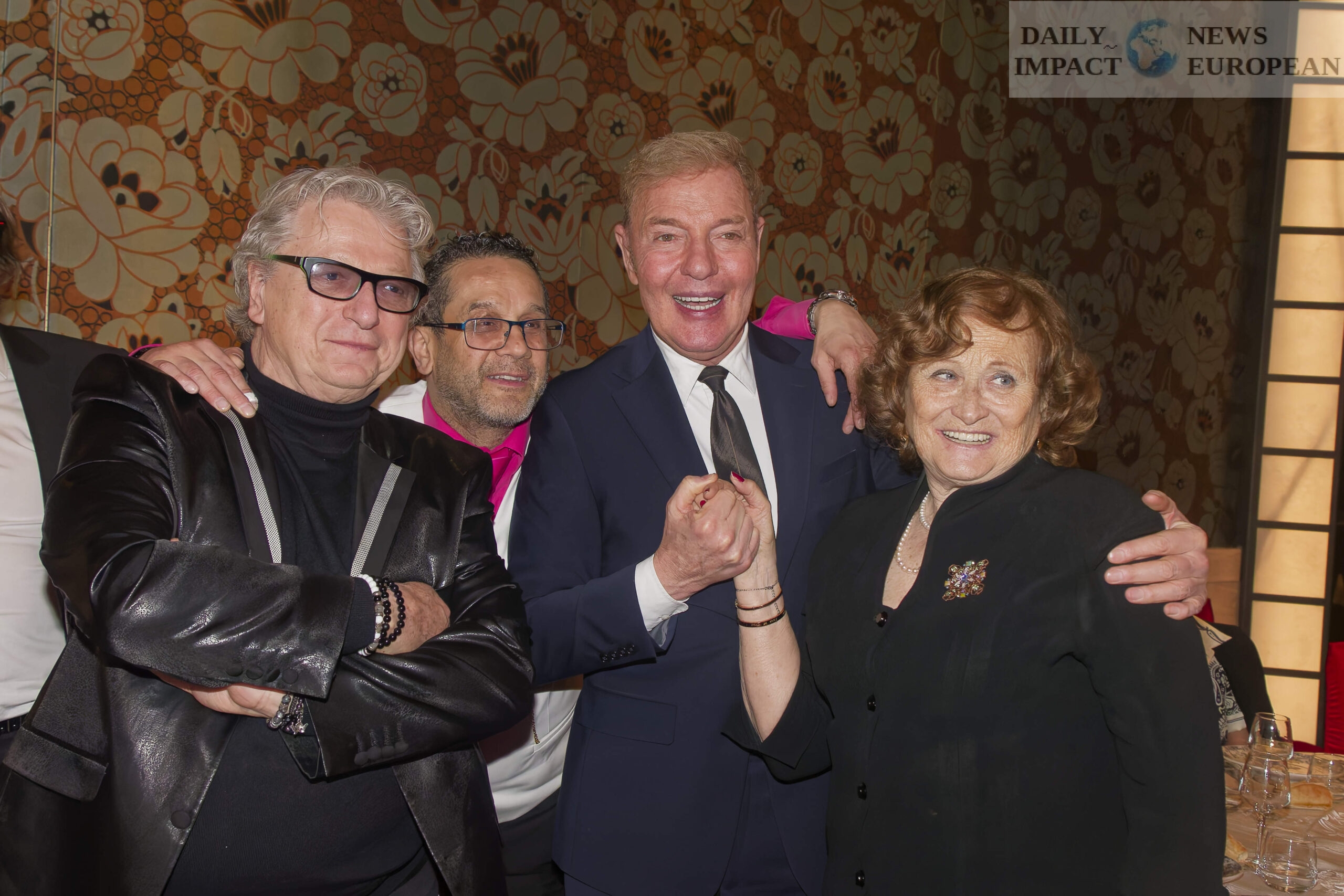
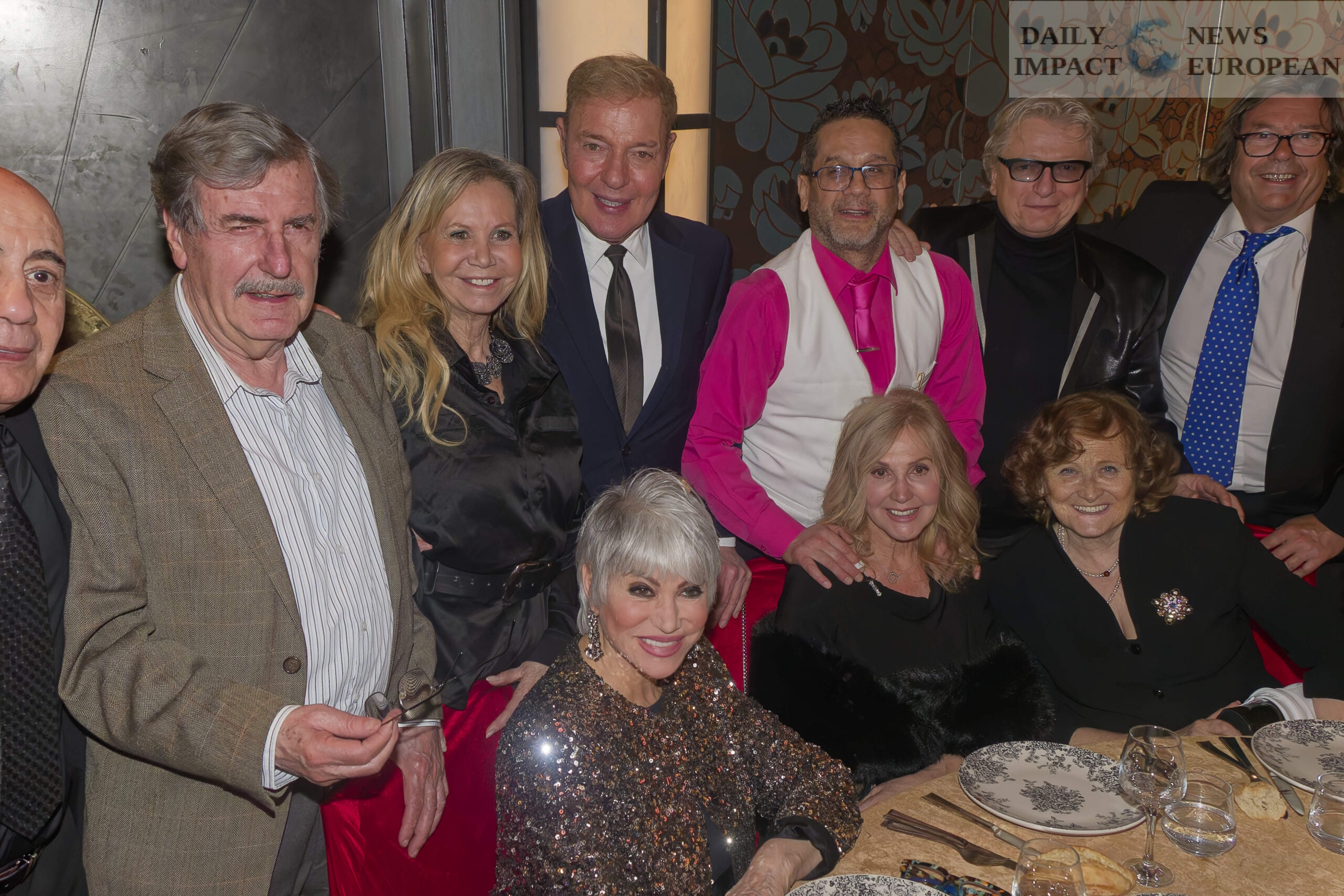
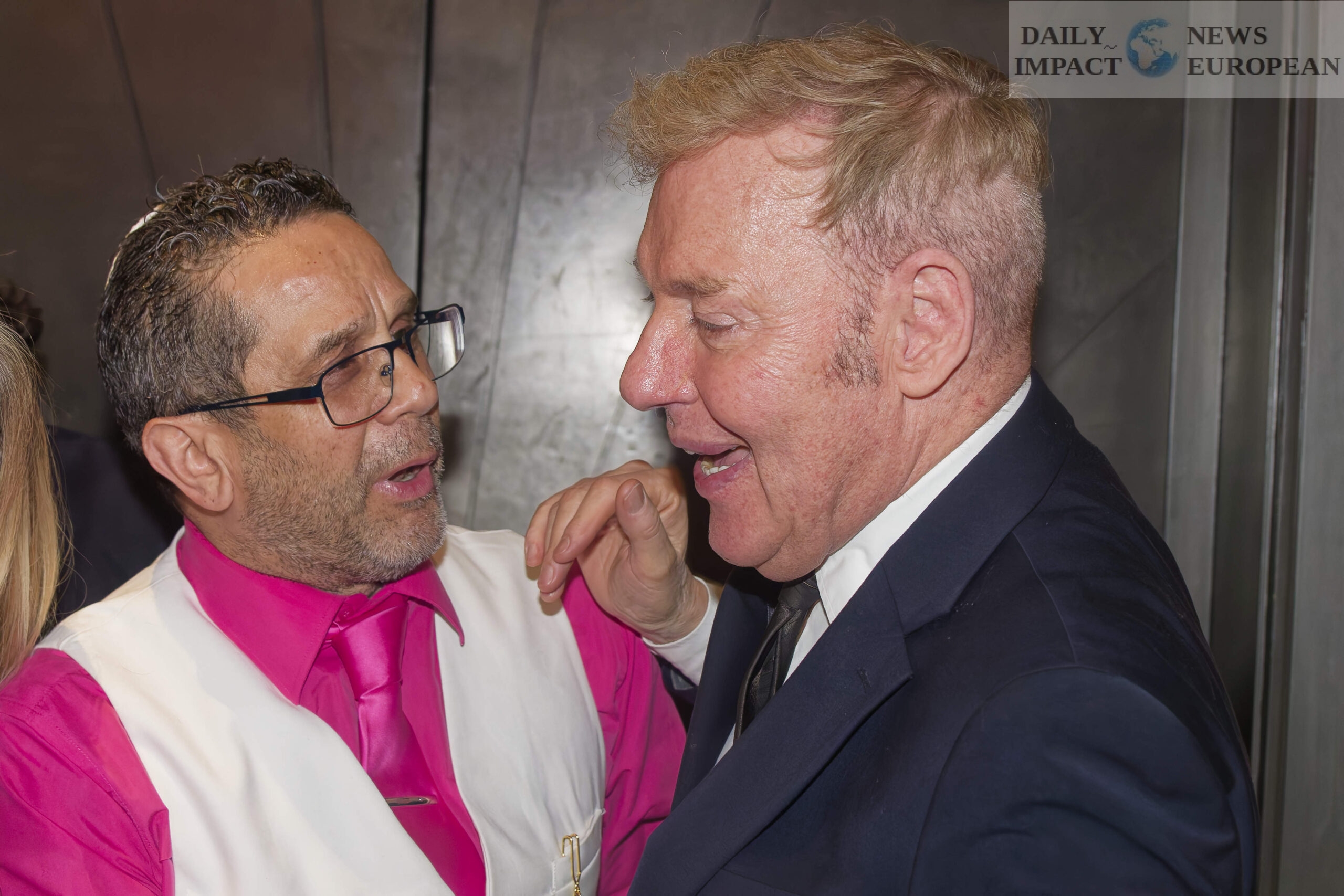
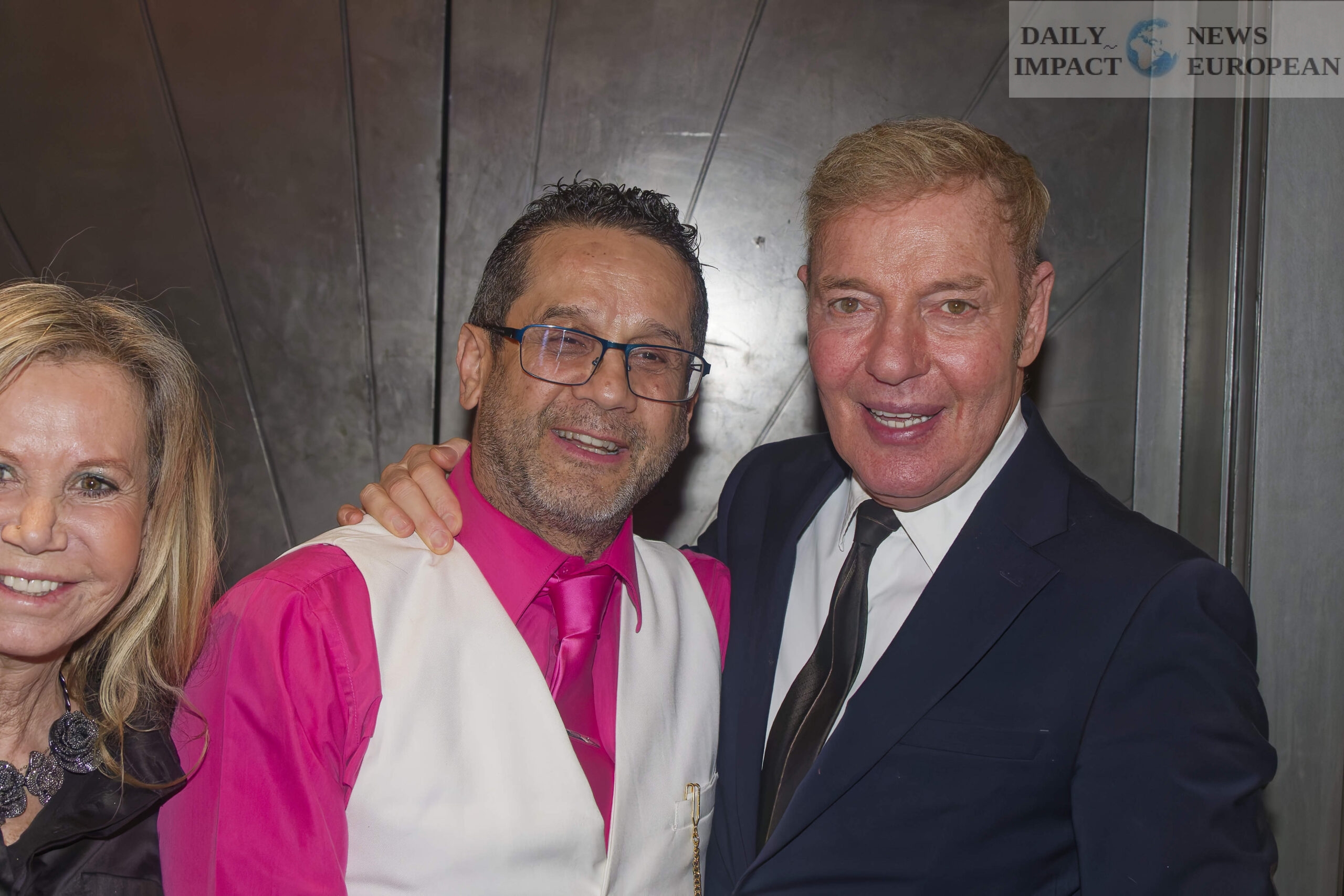
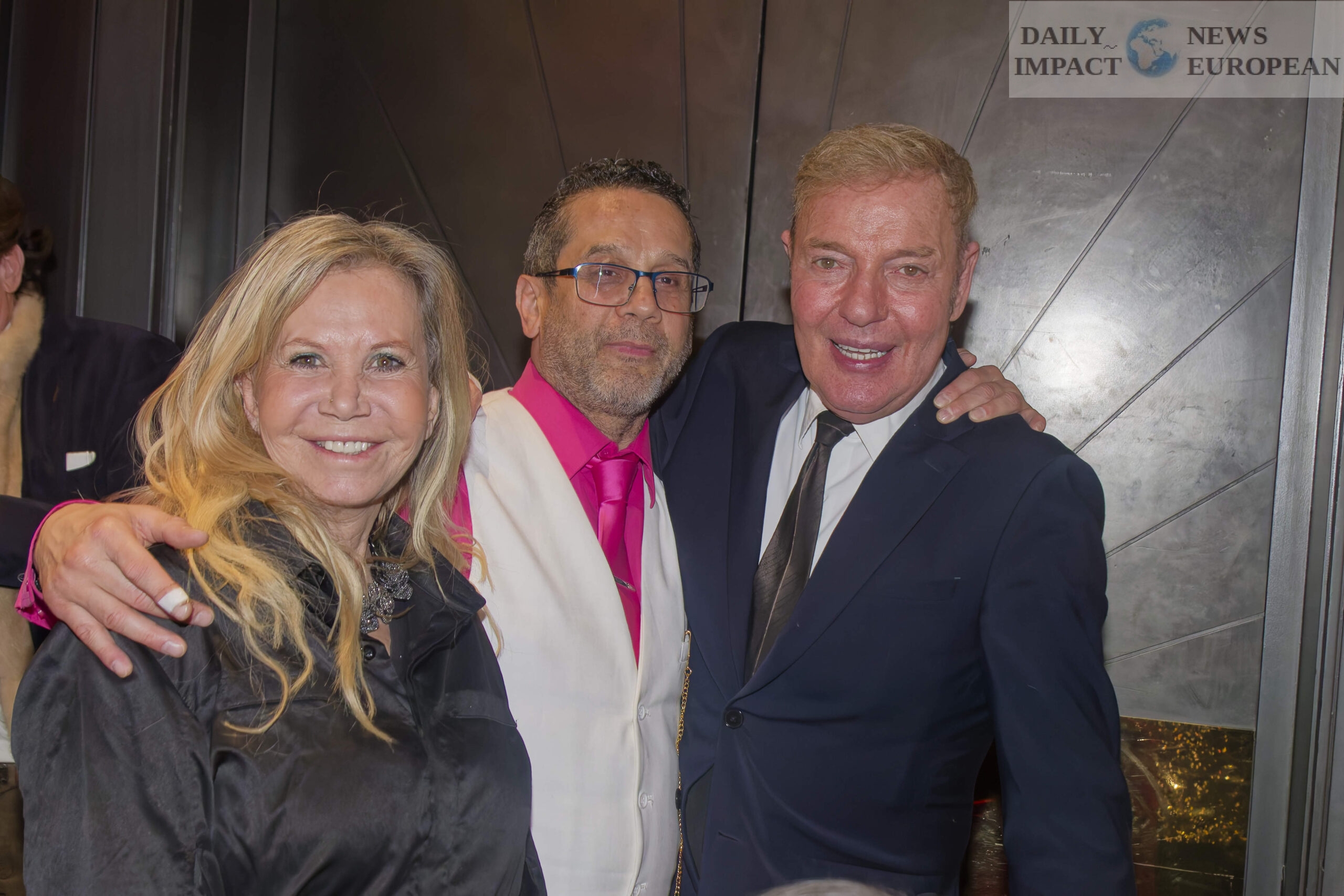
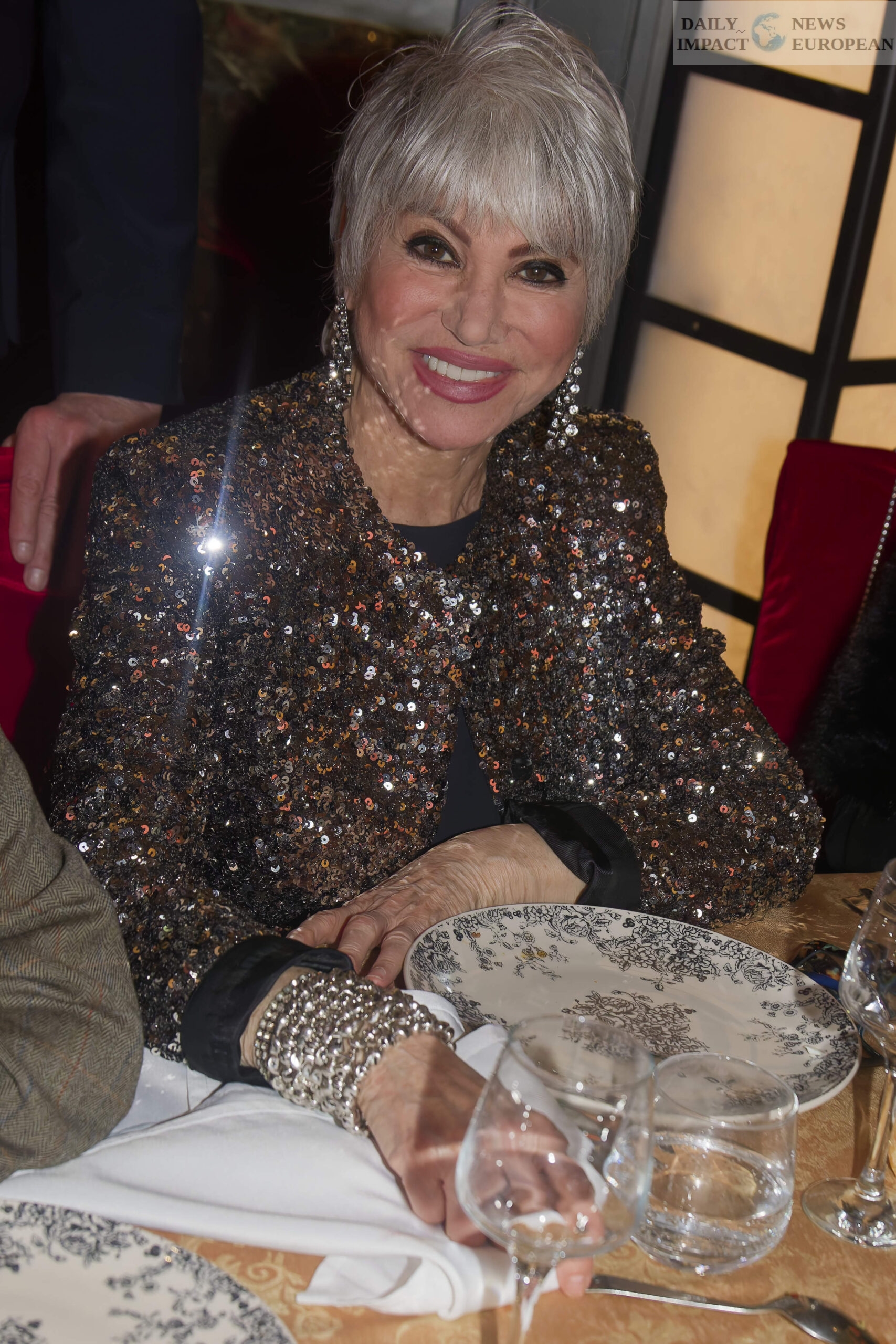
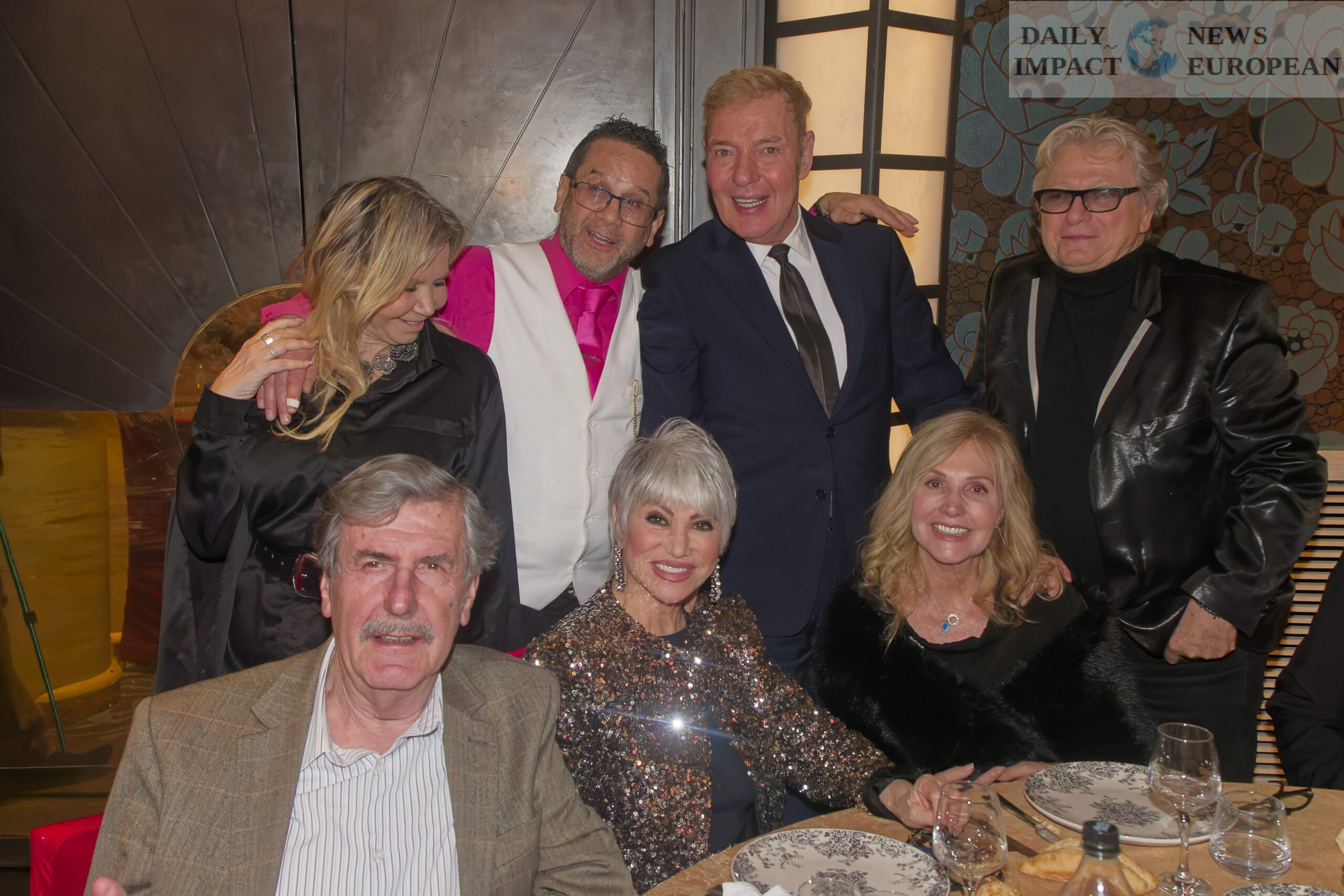
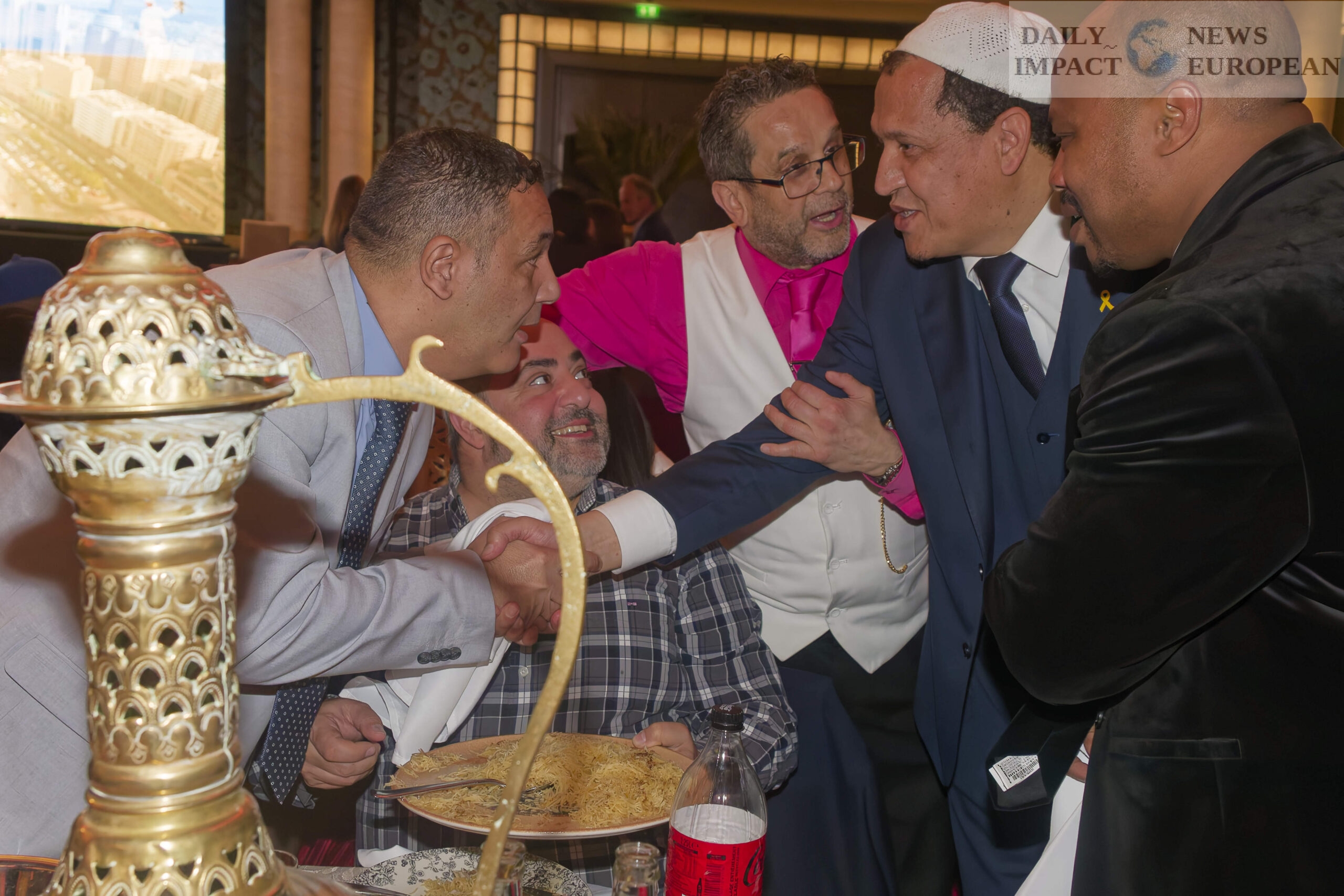
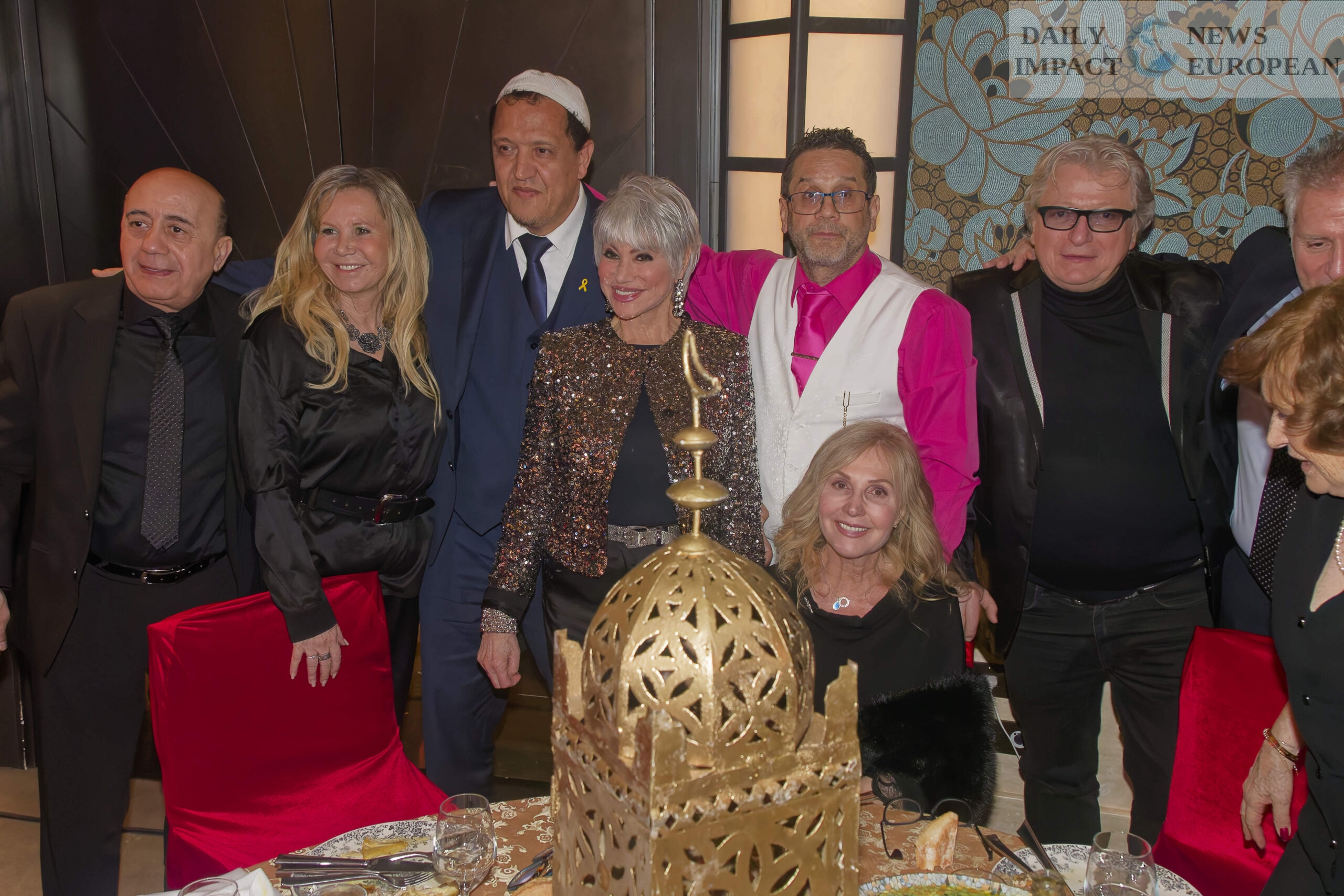
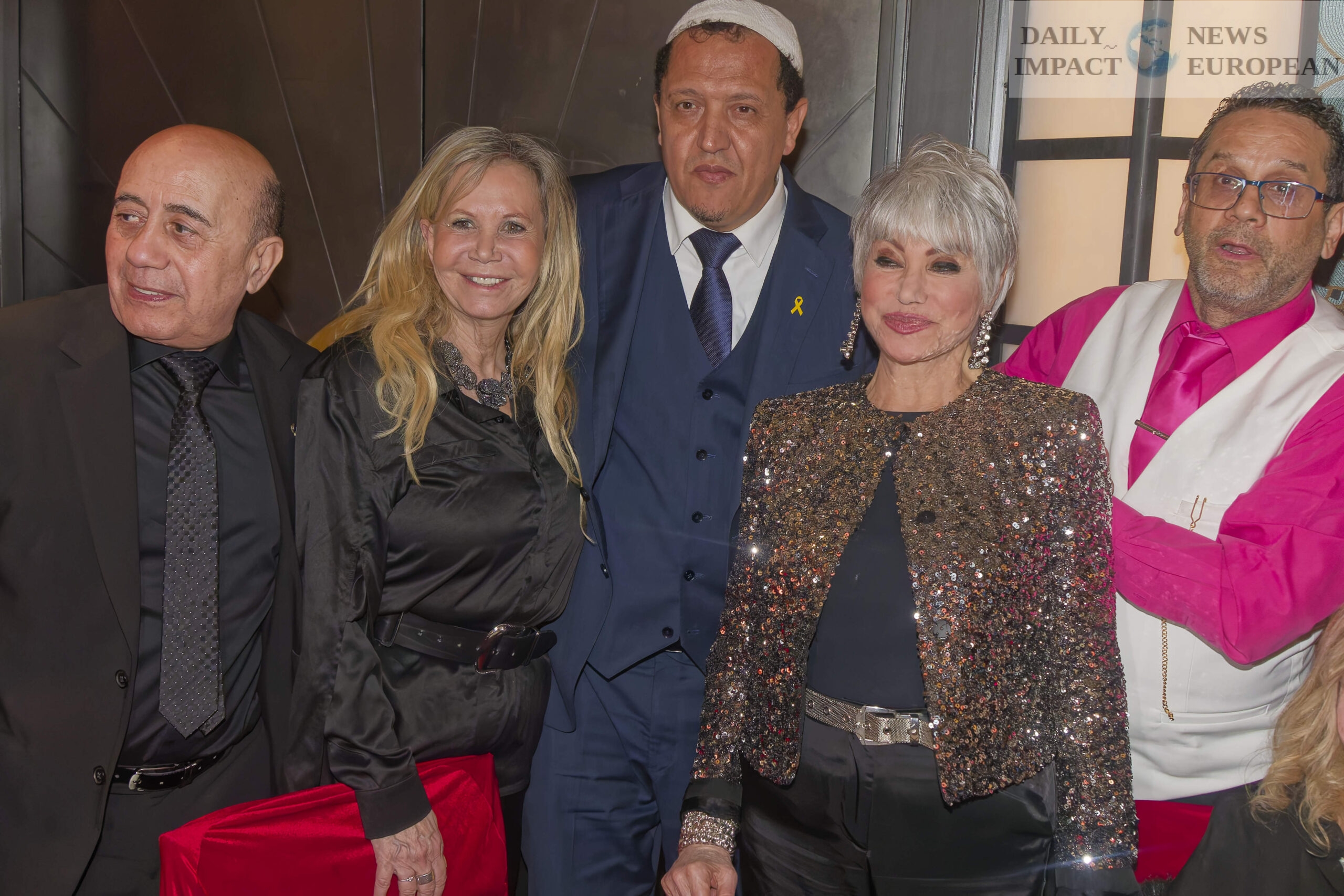
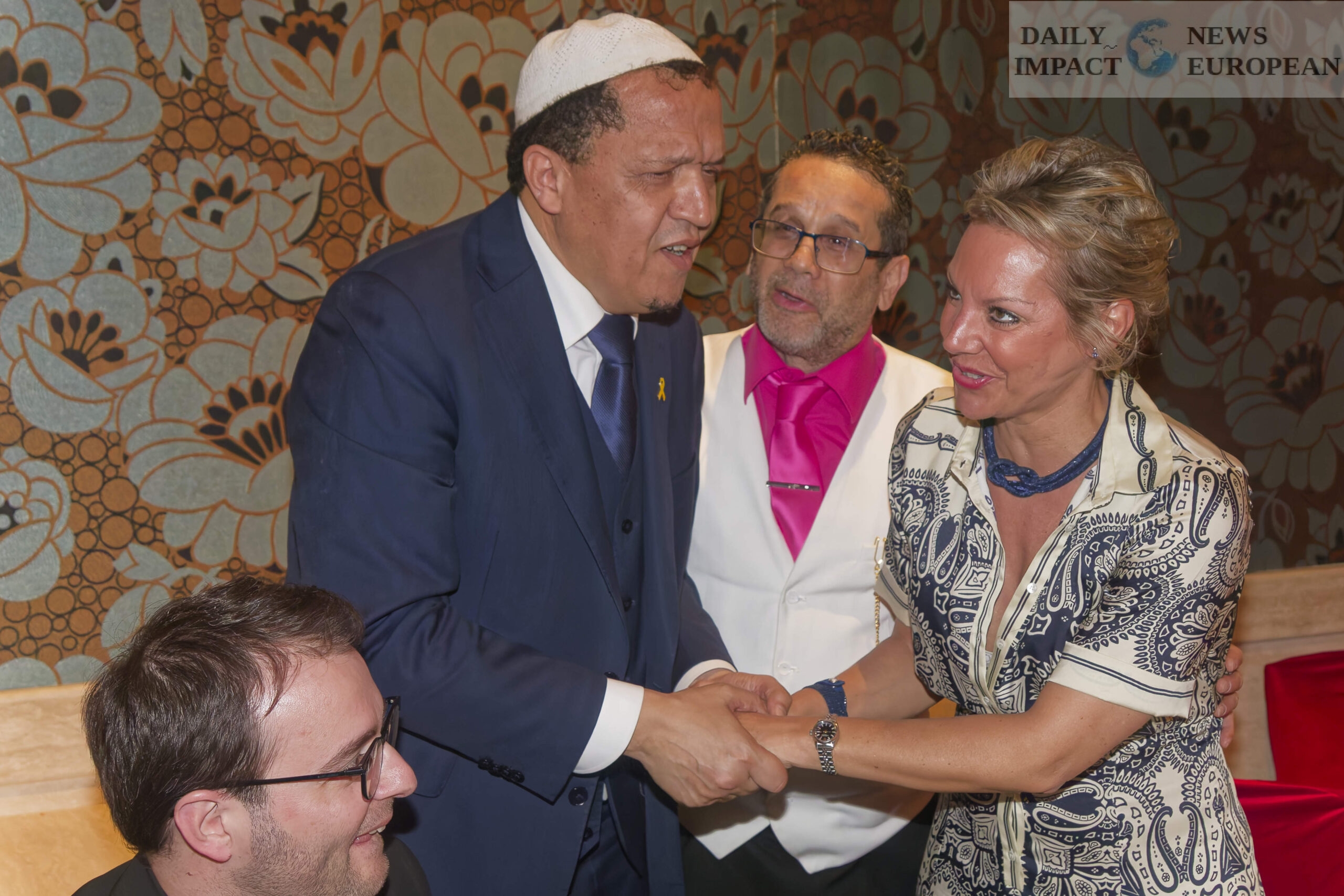
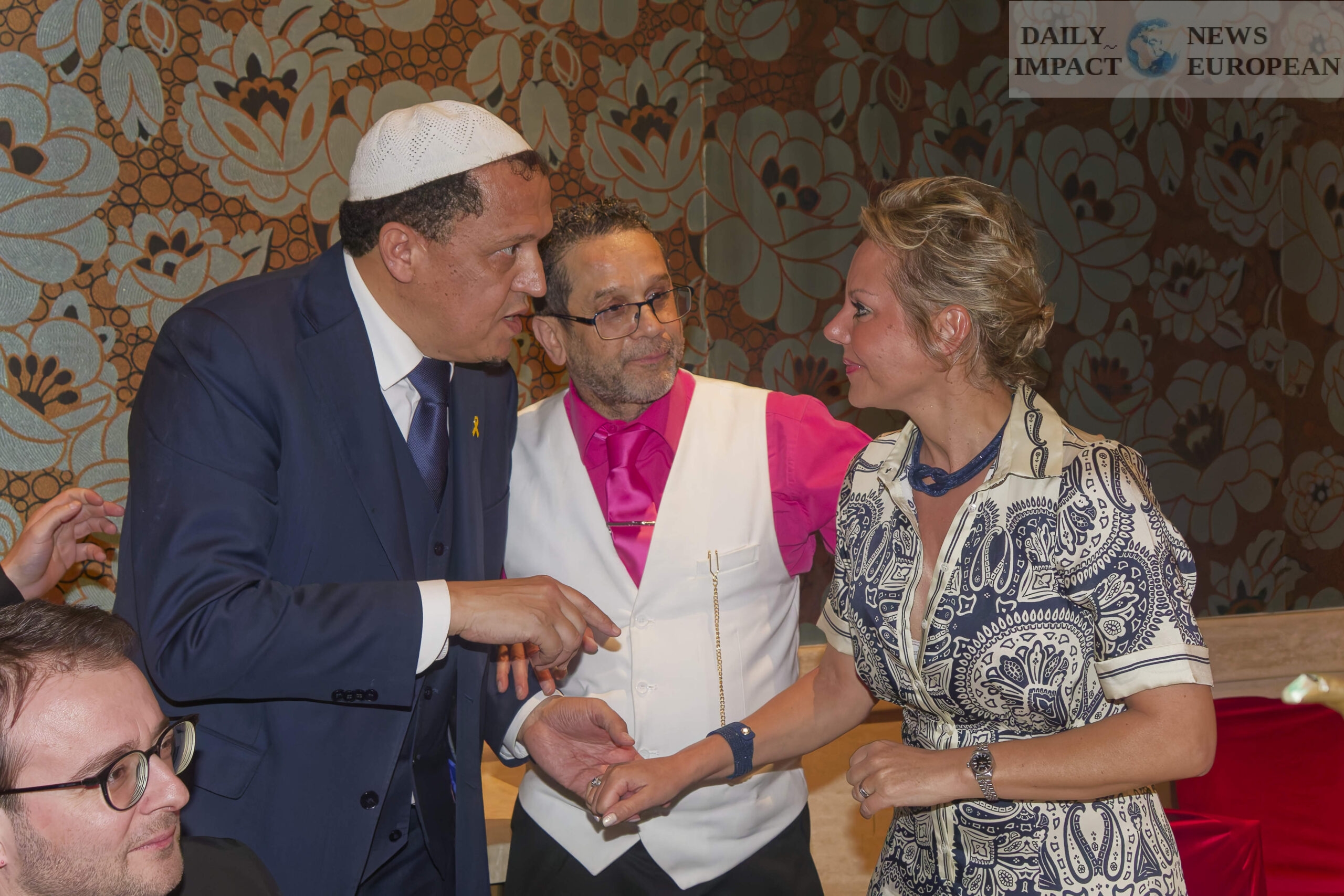
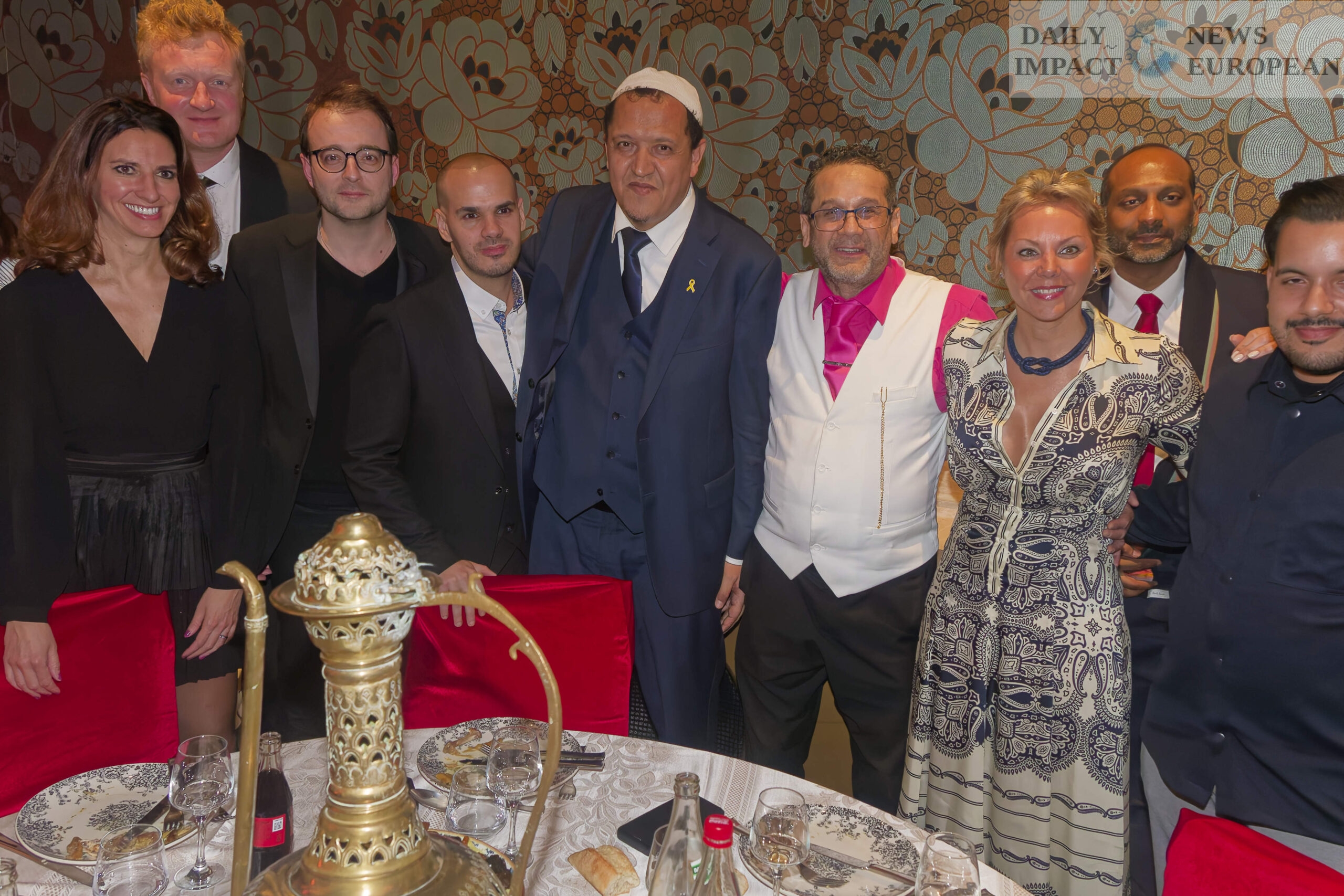
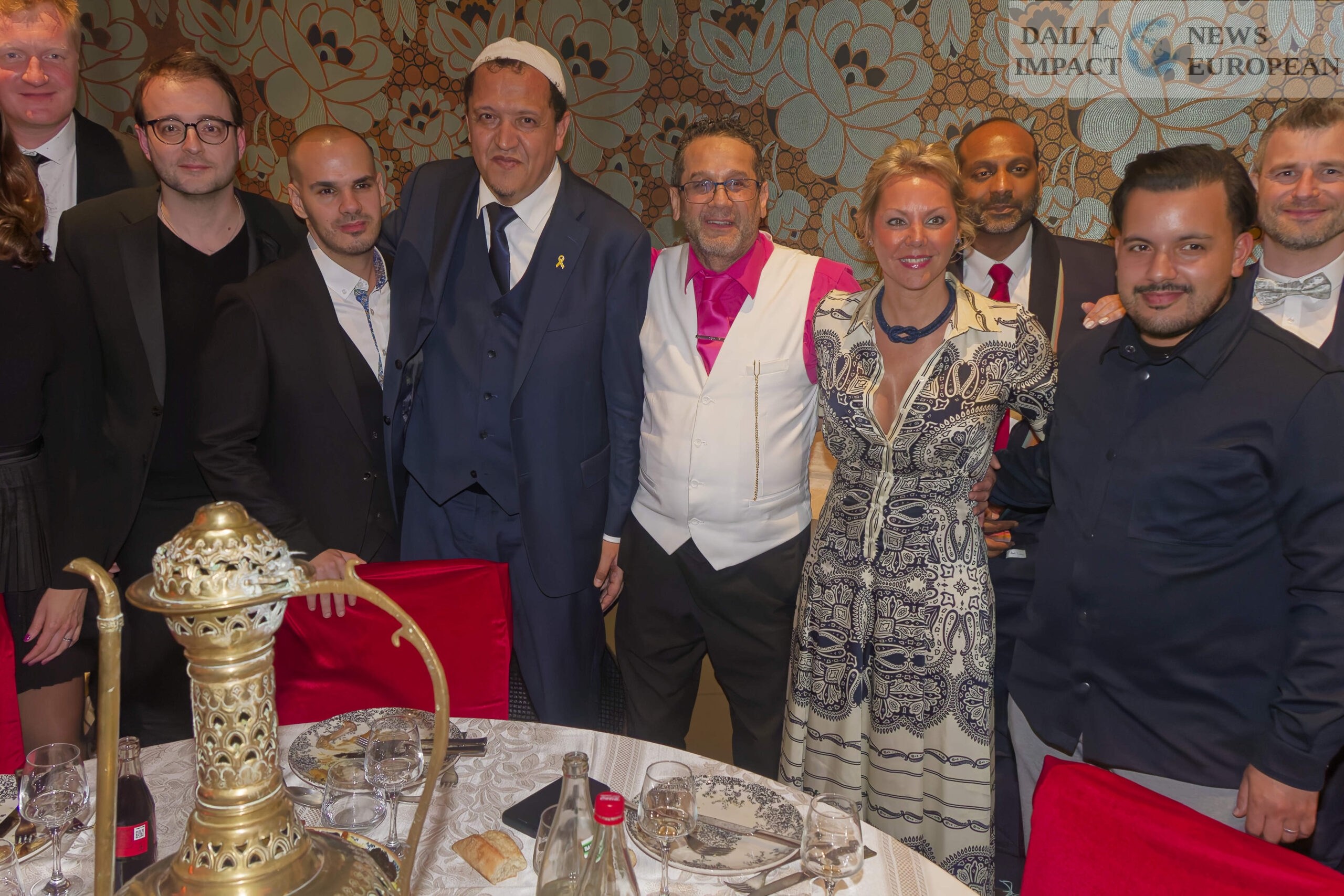
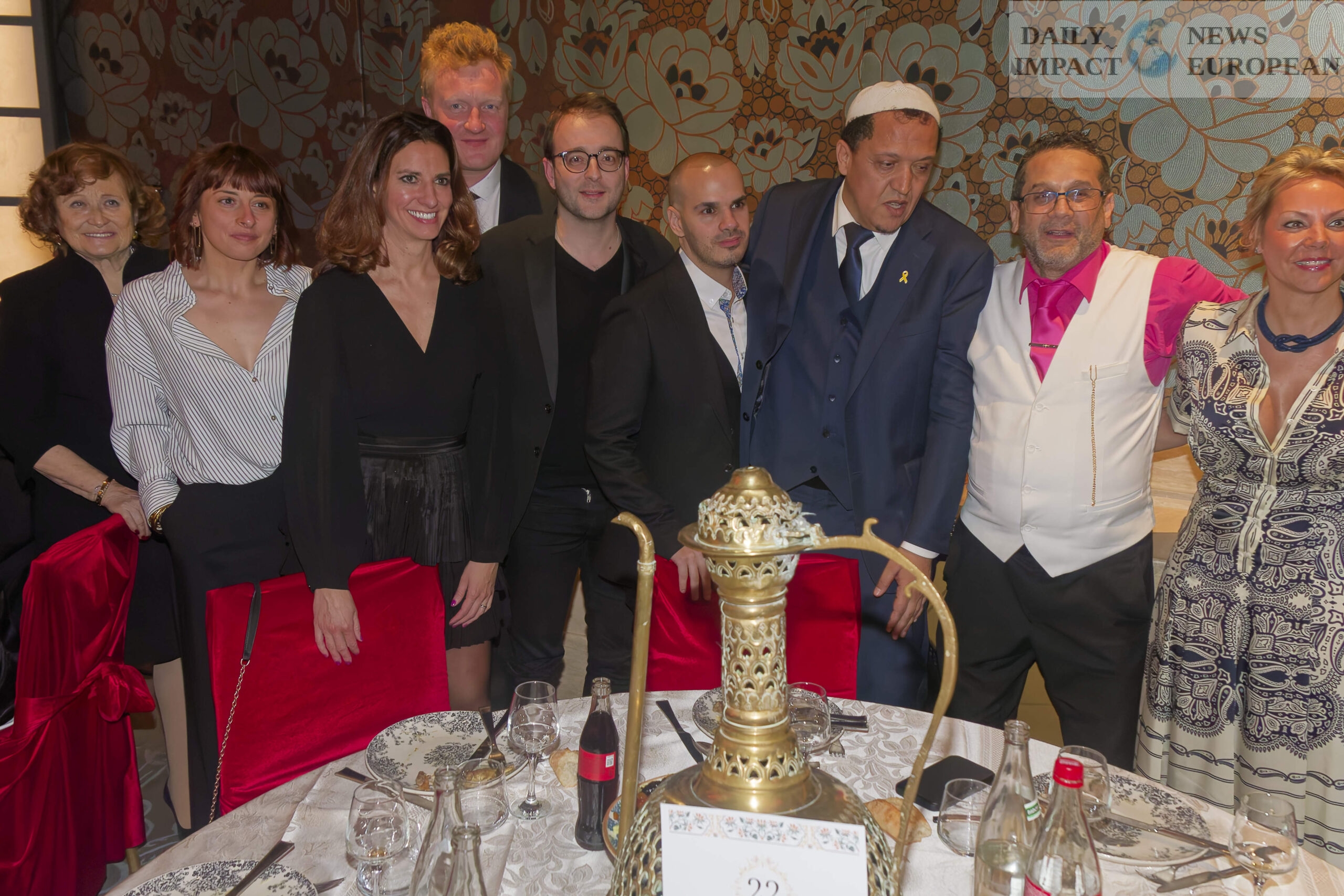
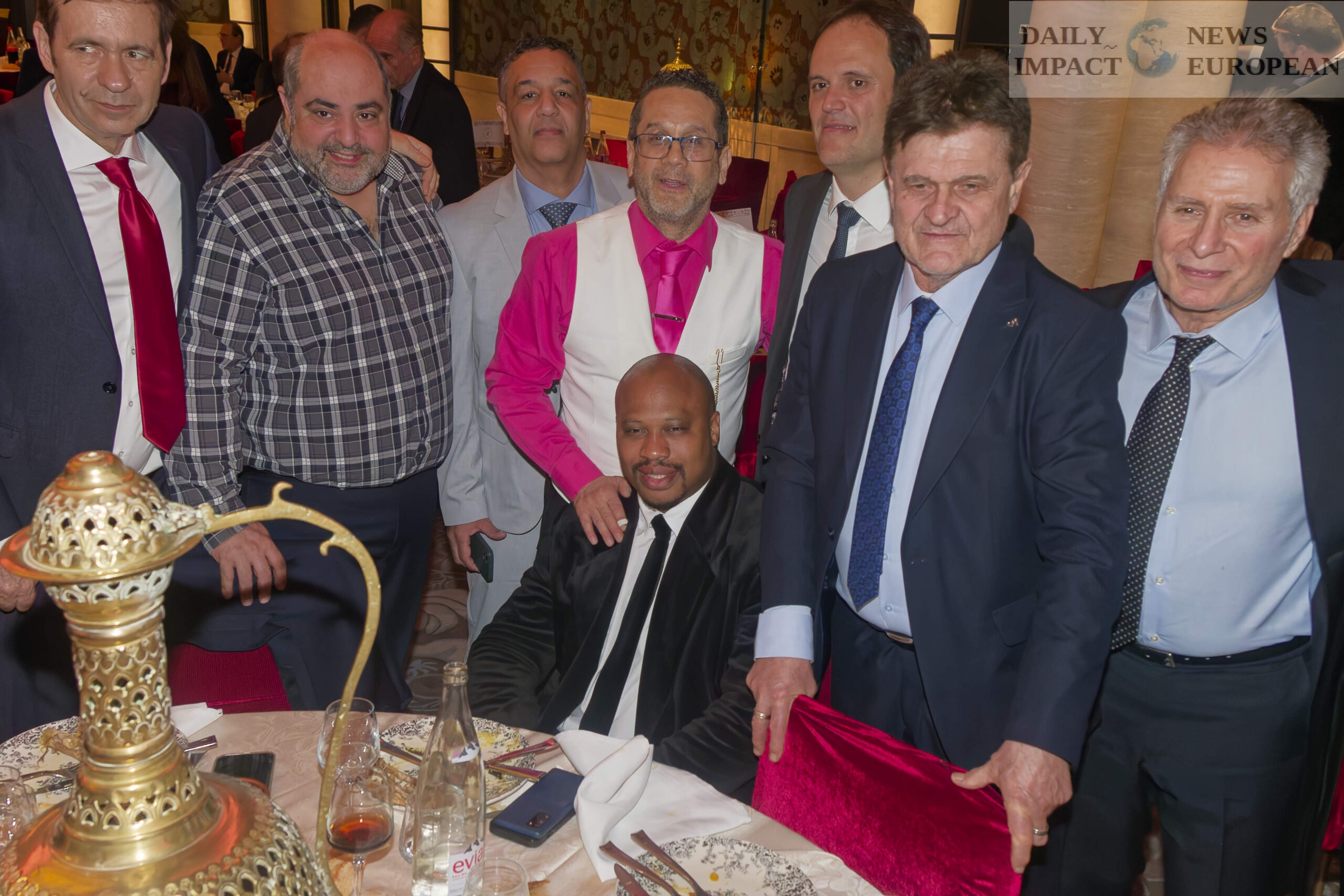
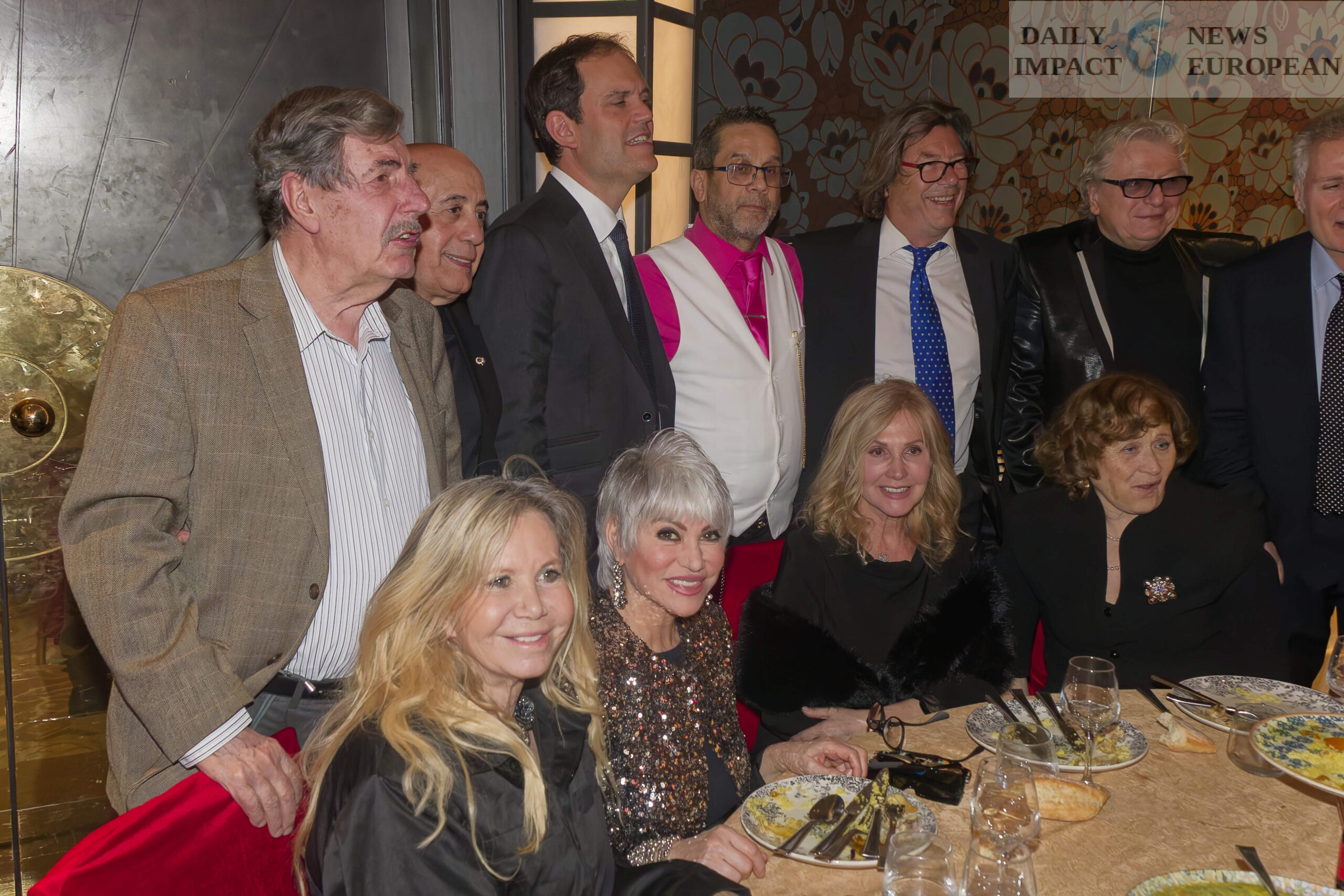
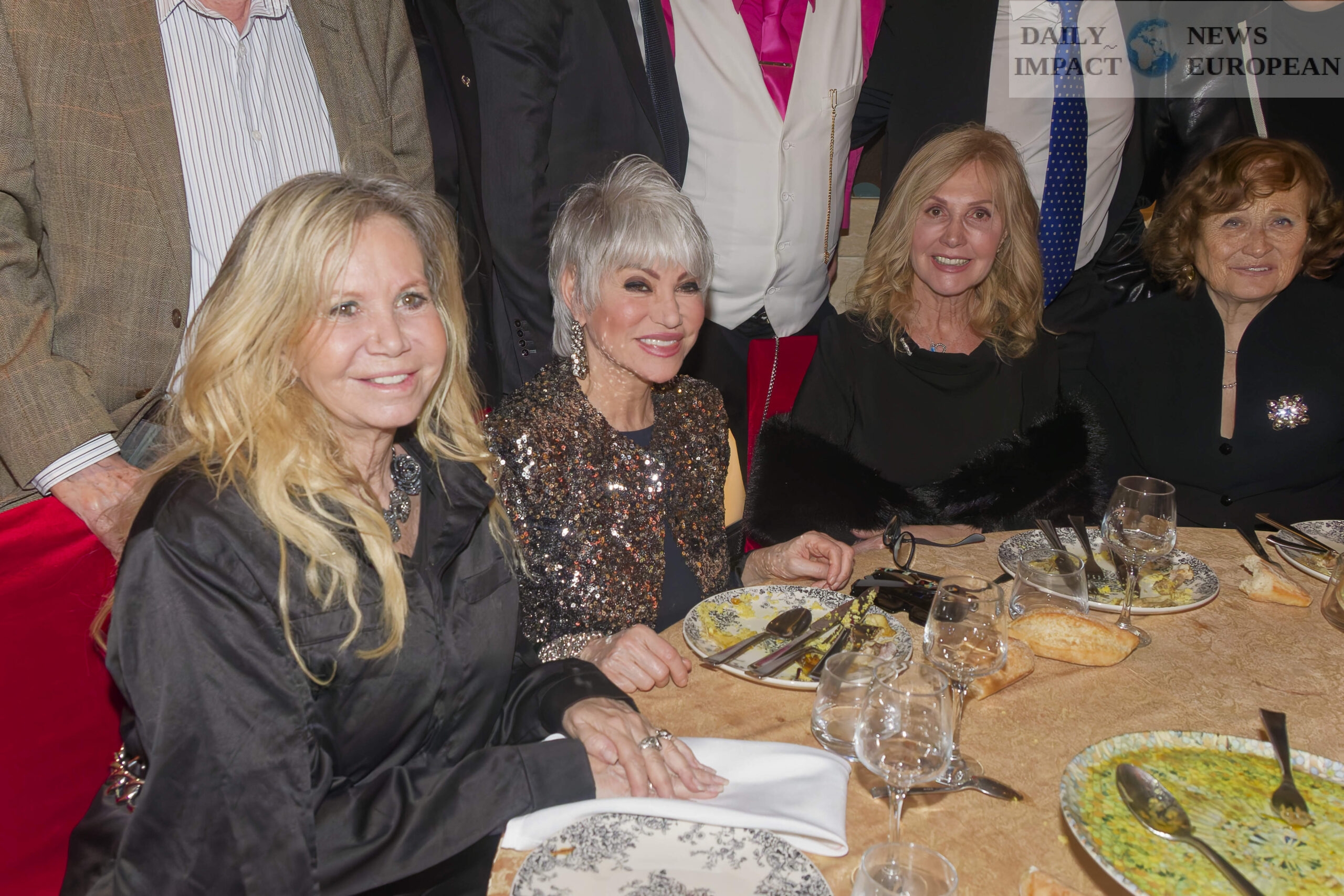
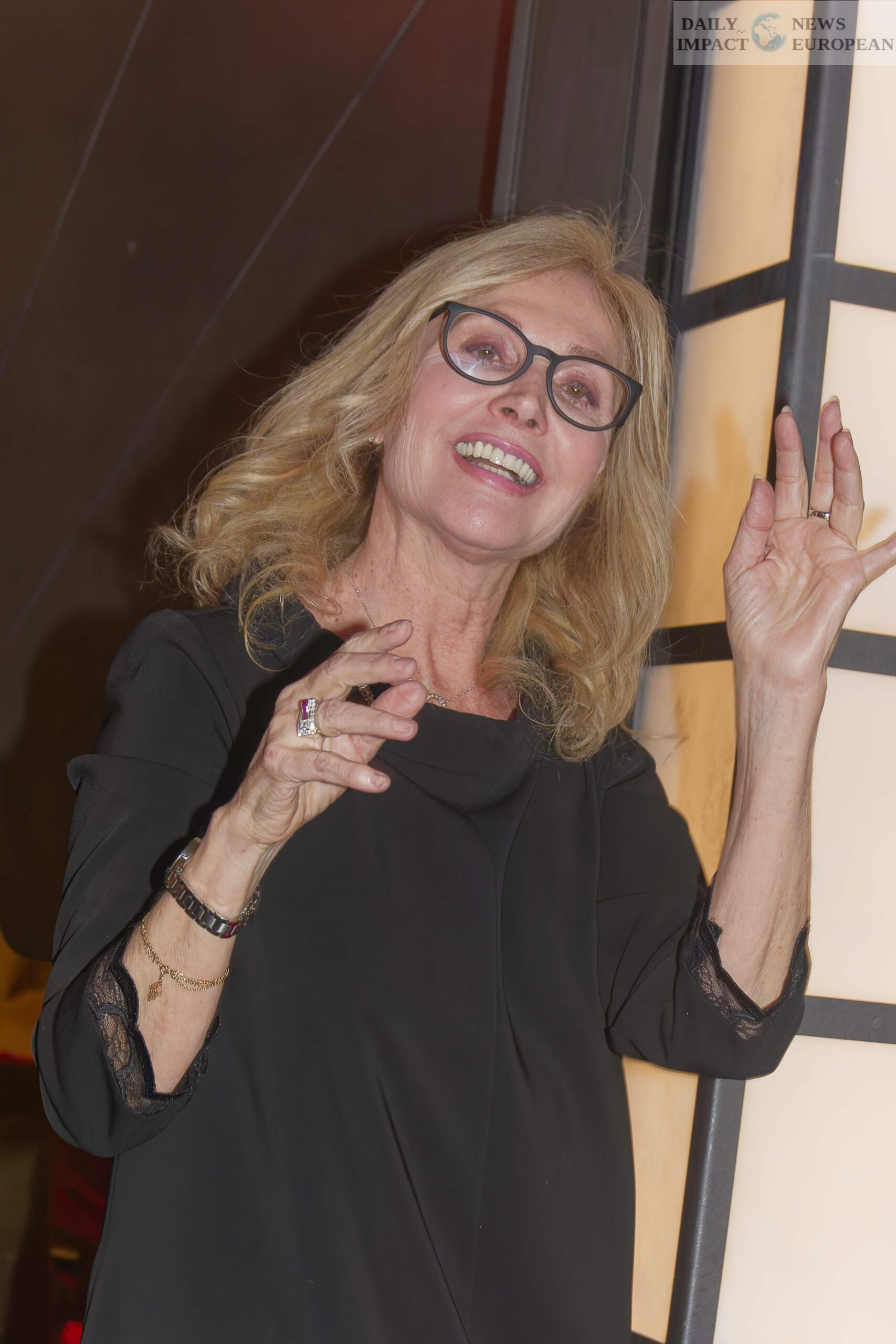
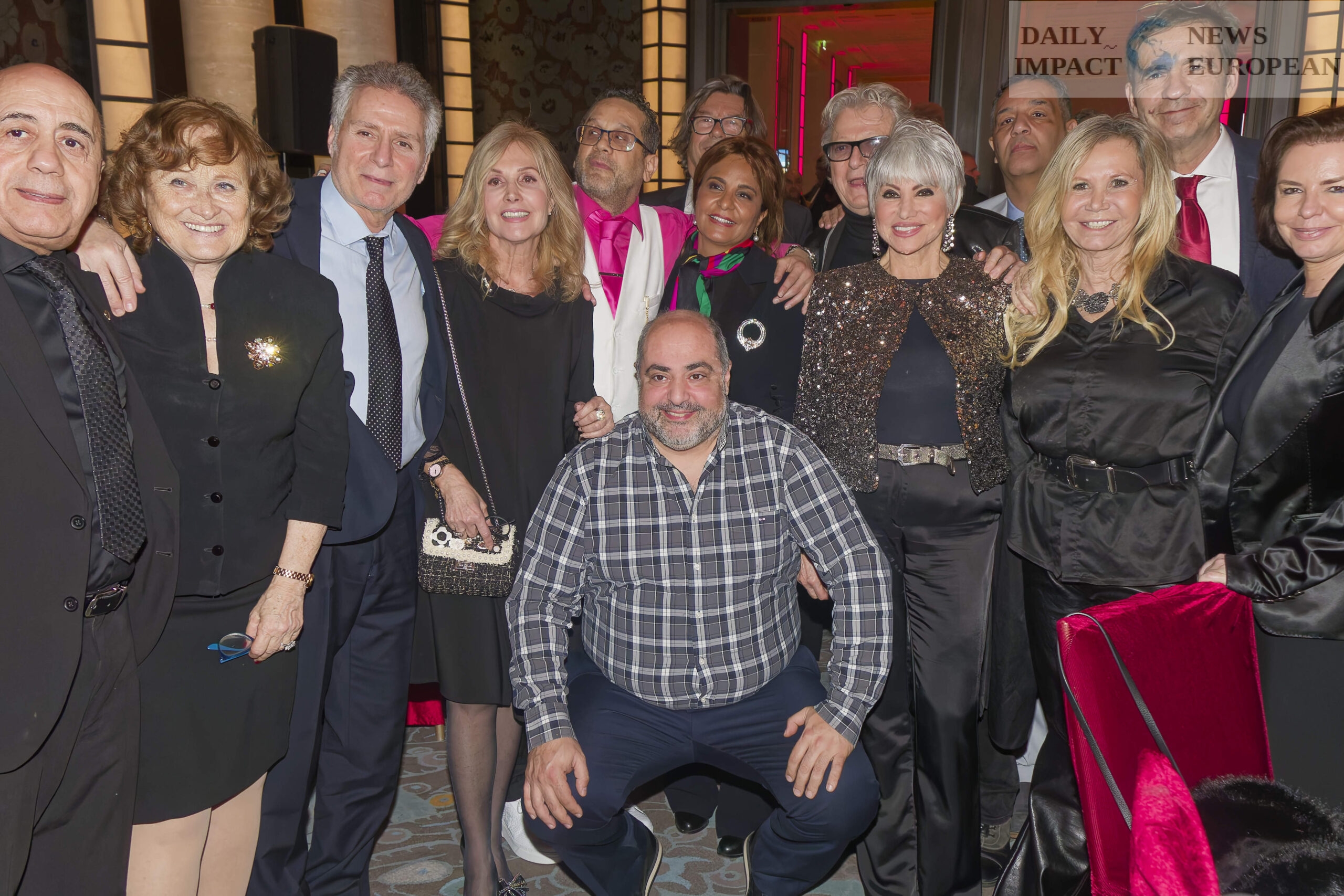
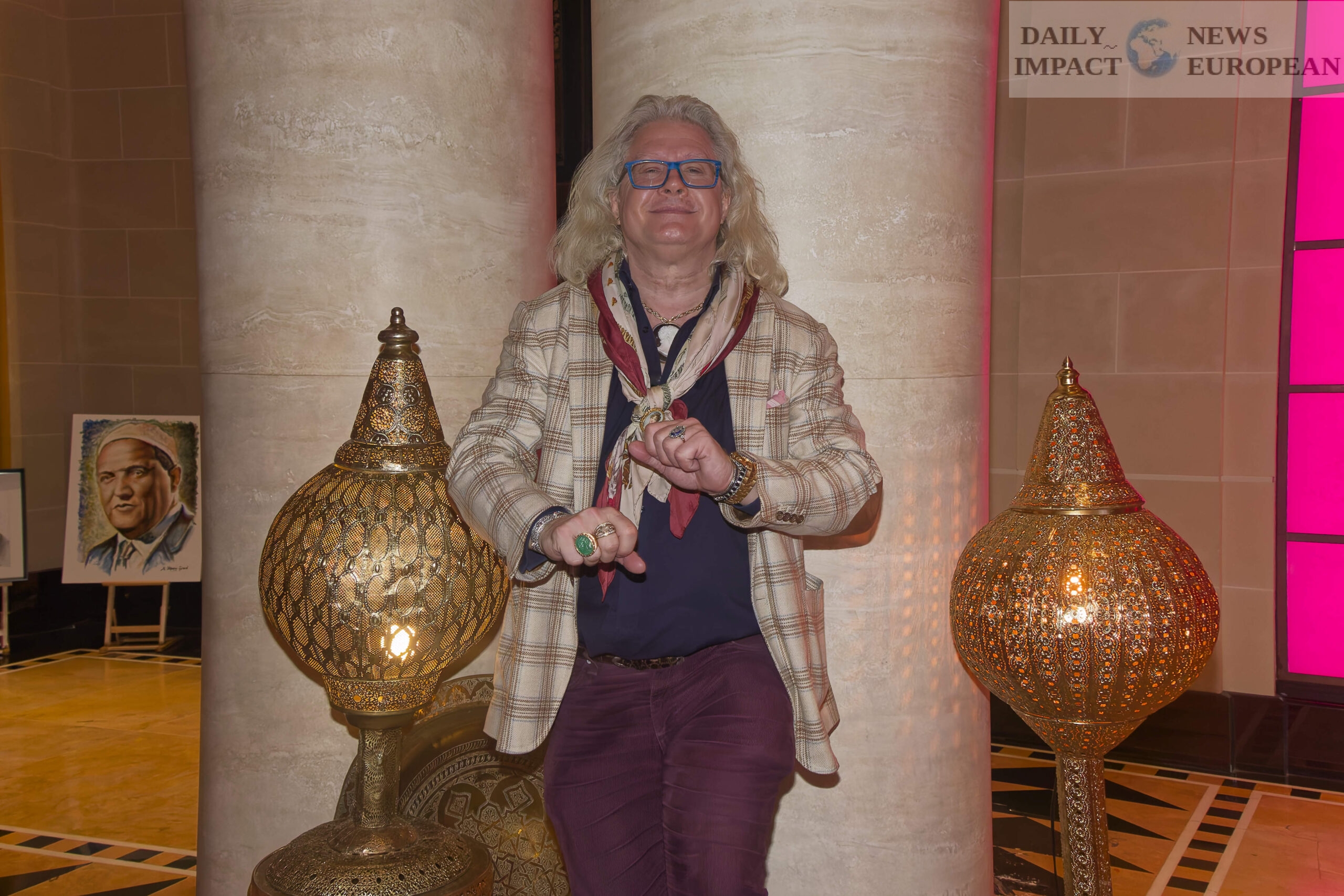
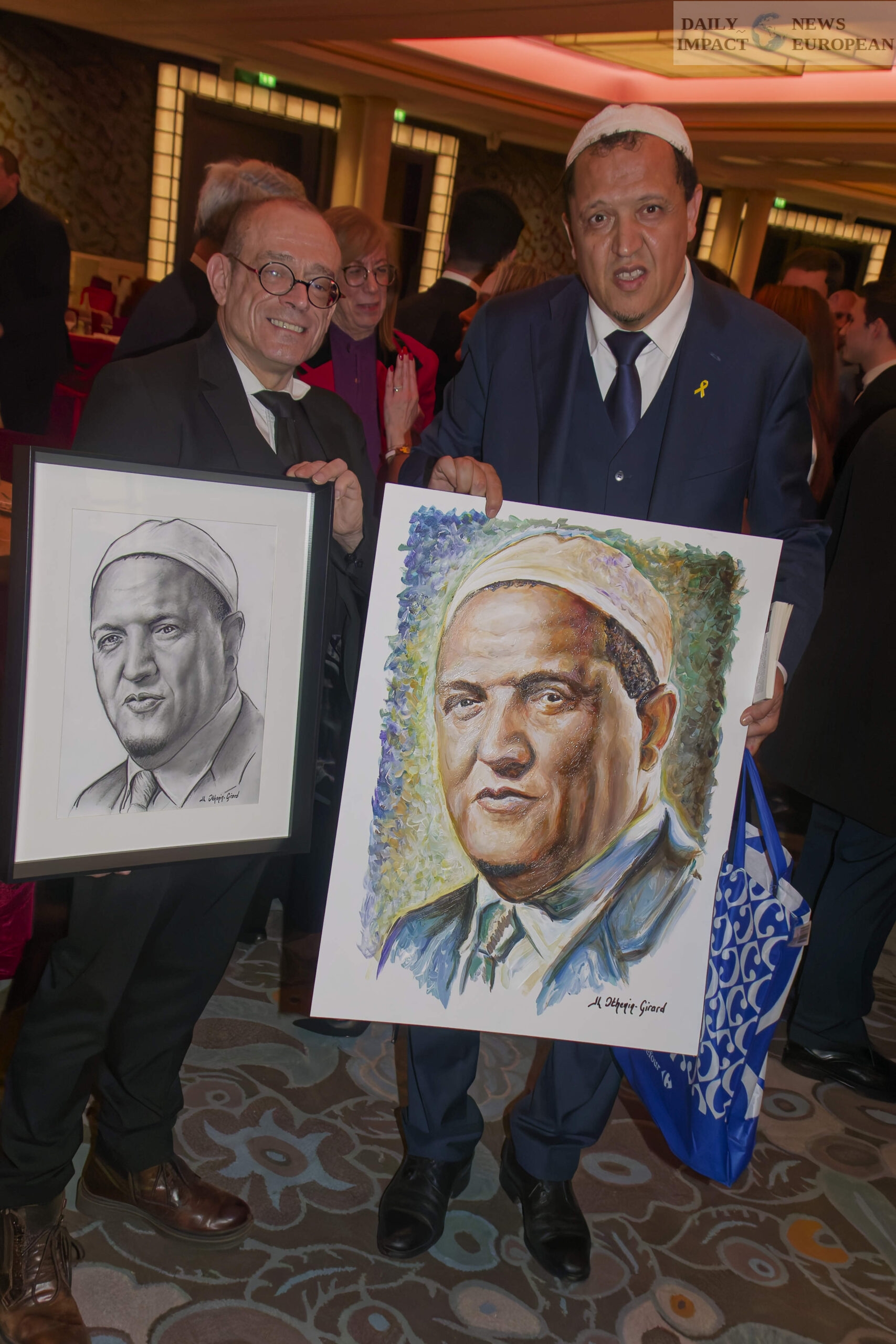
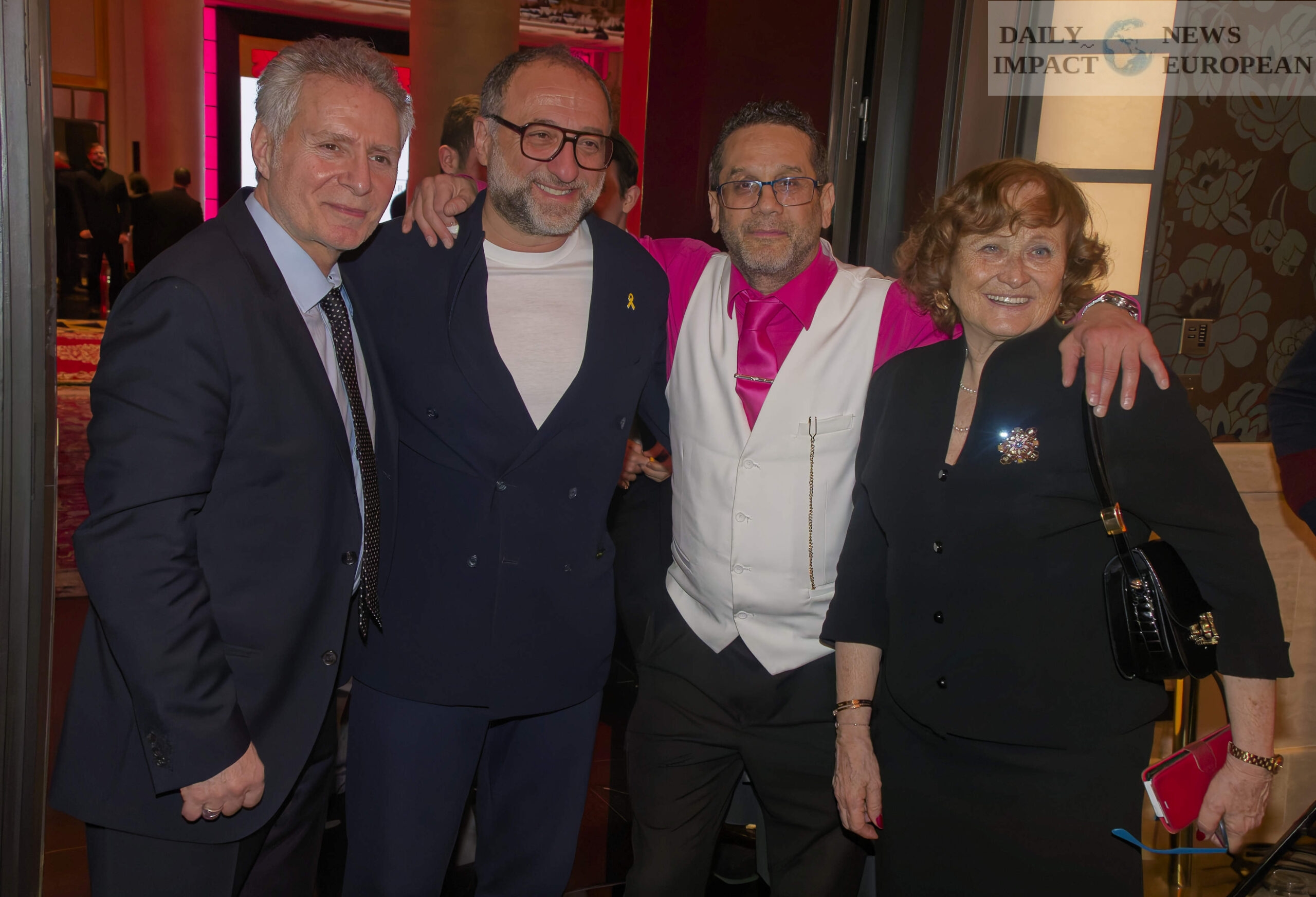
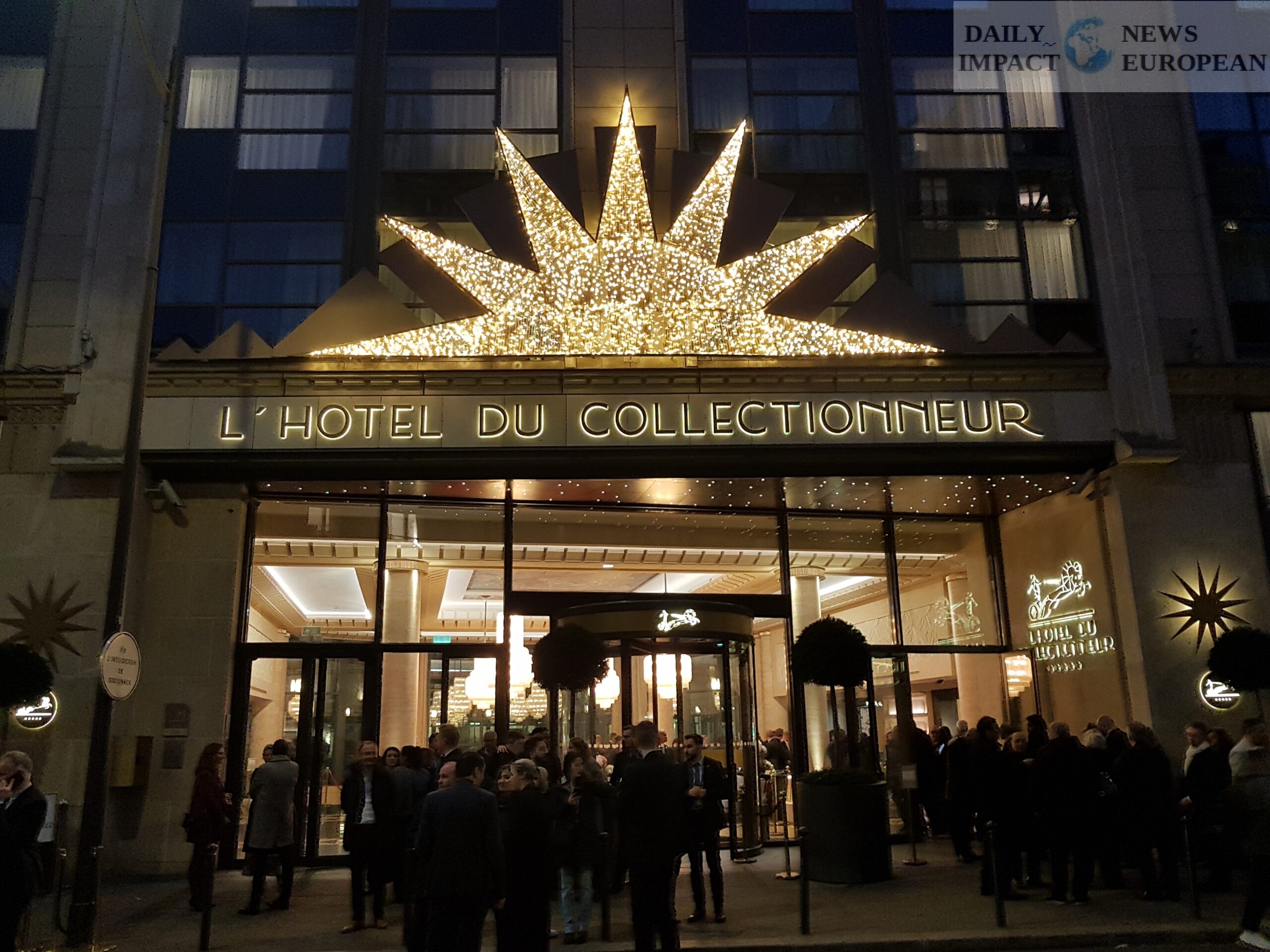
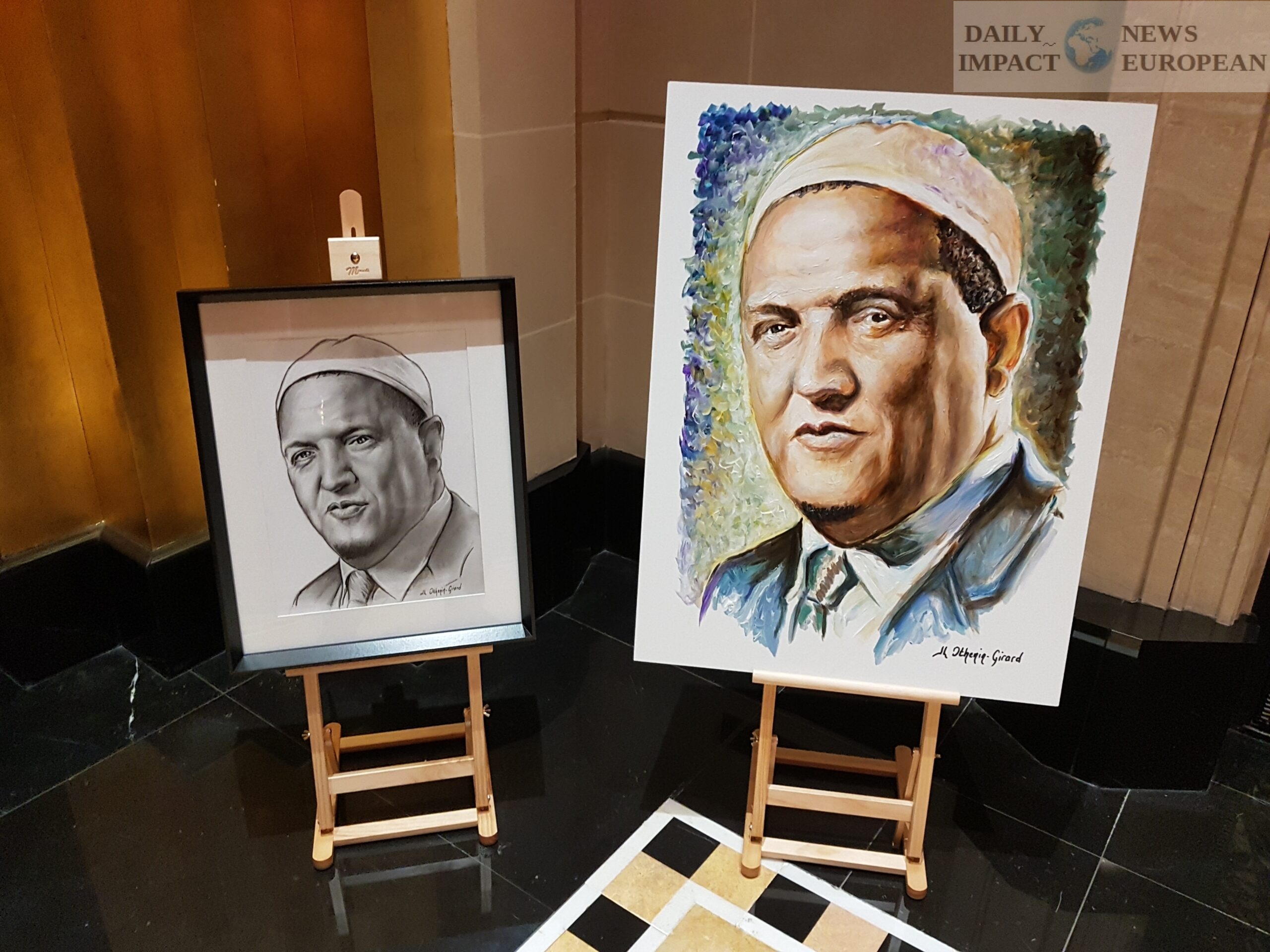
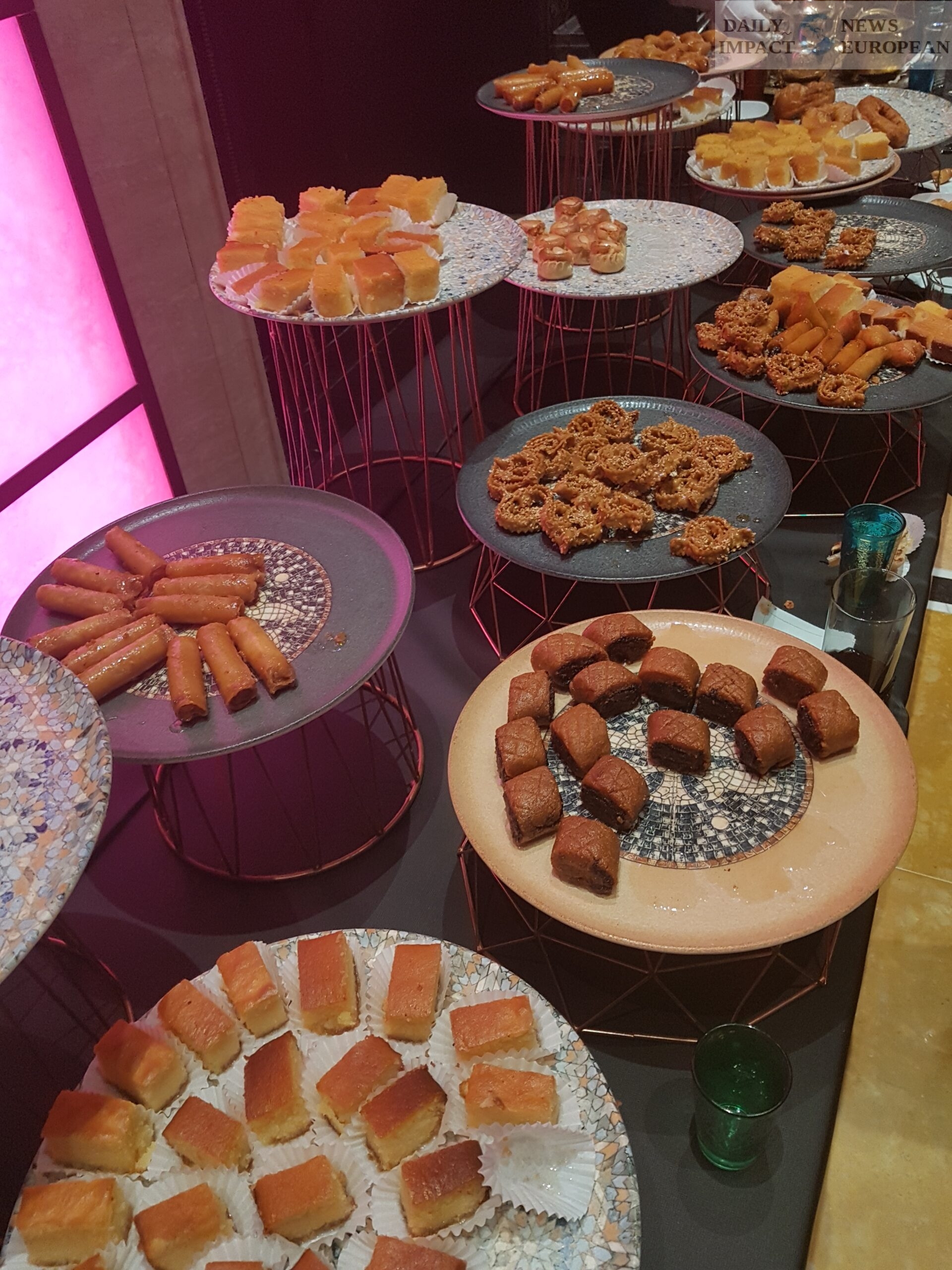
More Stories
Phenom 300E: The World’s Leading Light Jet for 14 Consecutive Years
Art Capital, 20 Years Already
Chers Parents Premieres in Paris